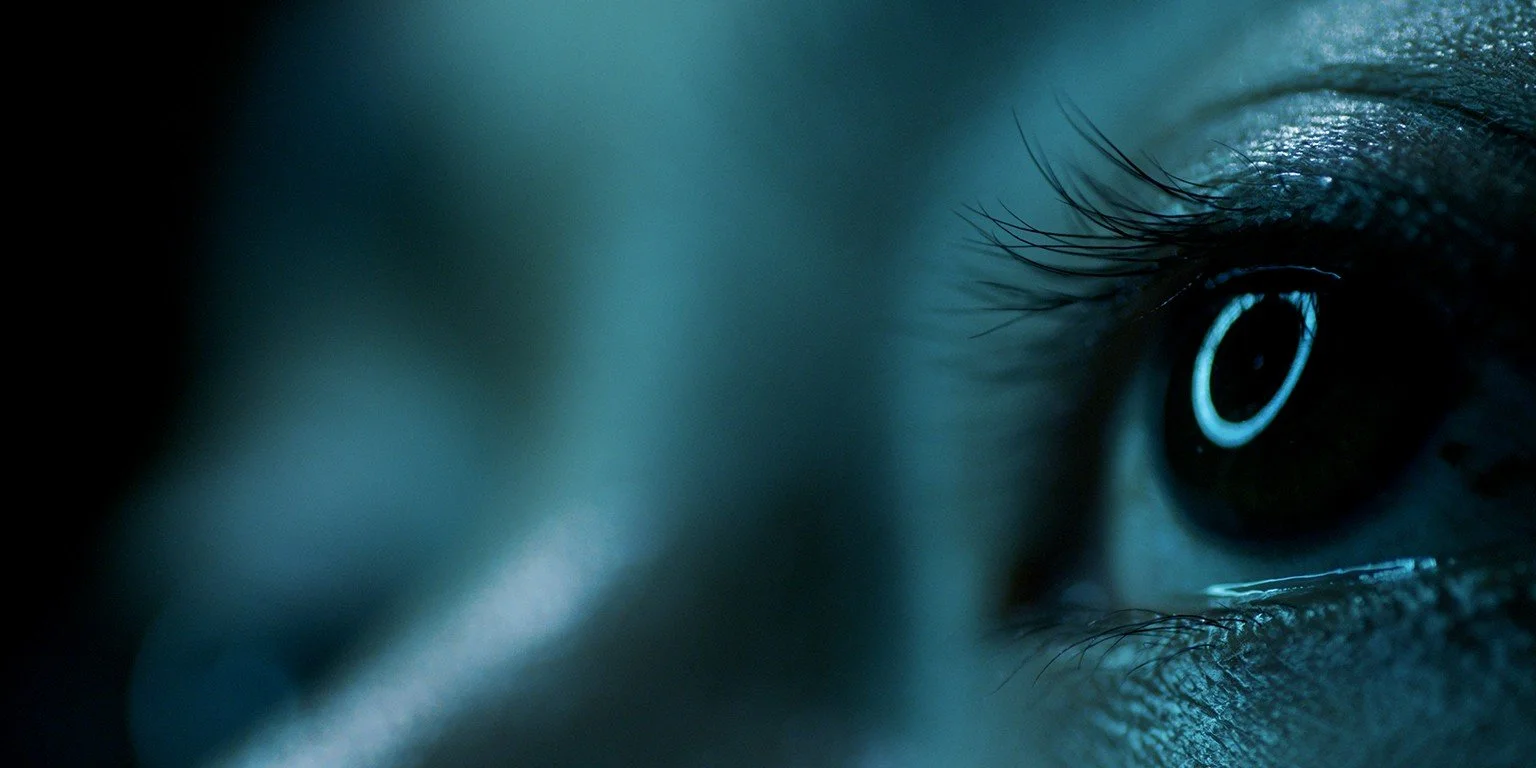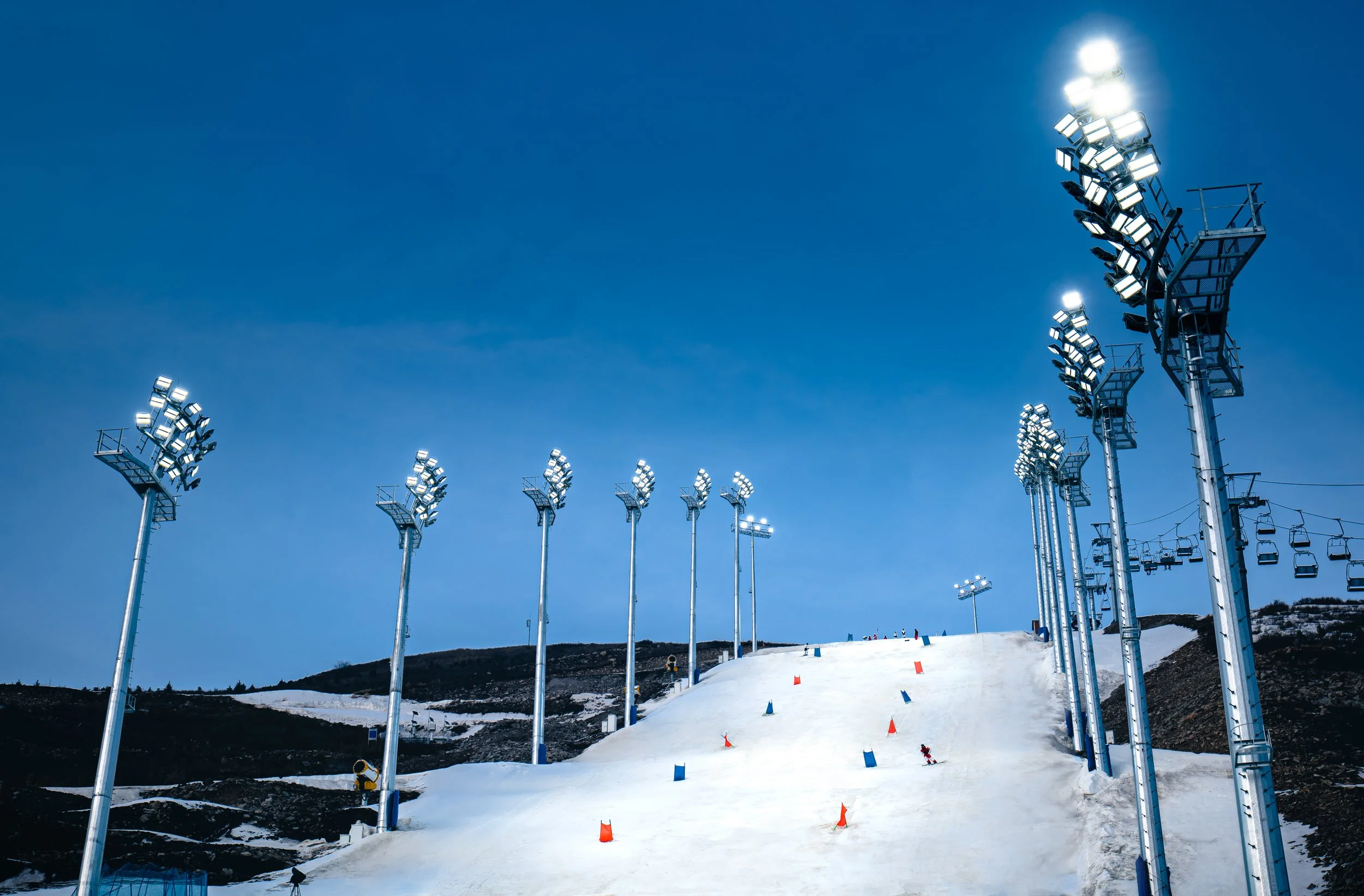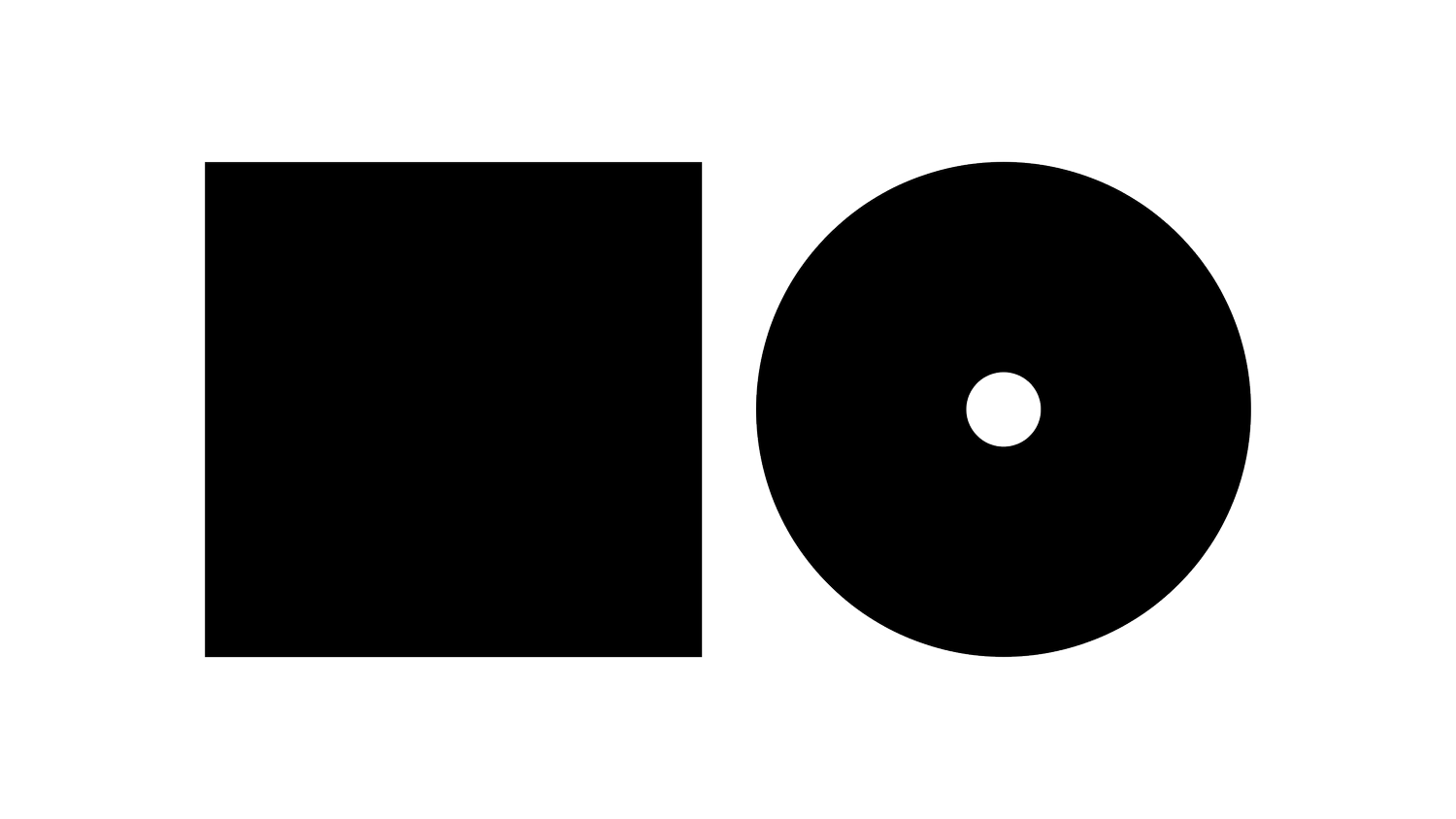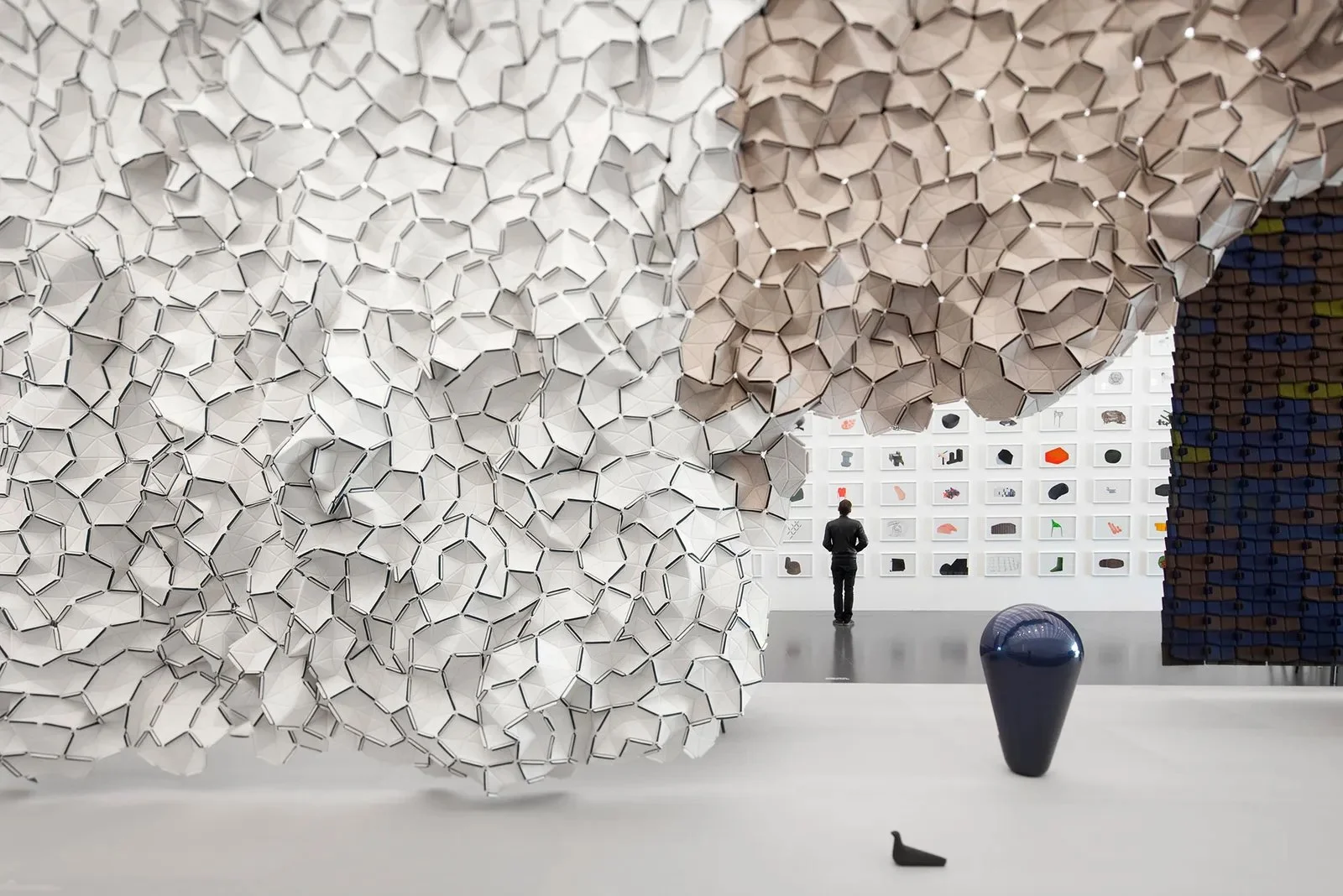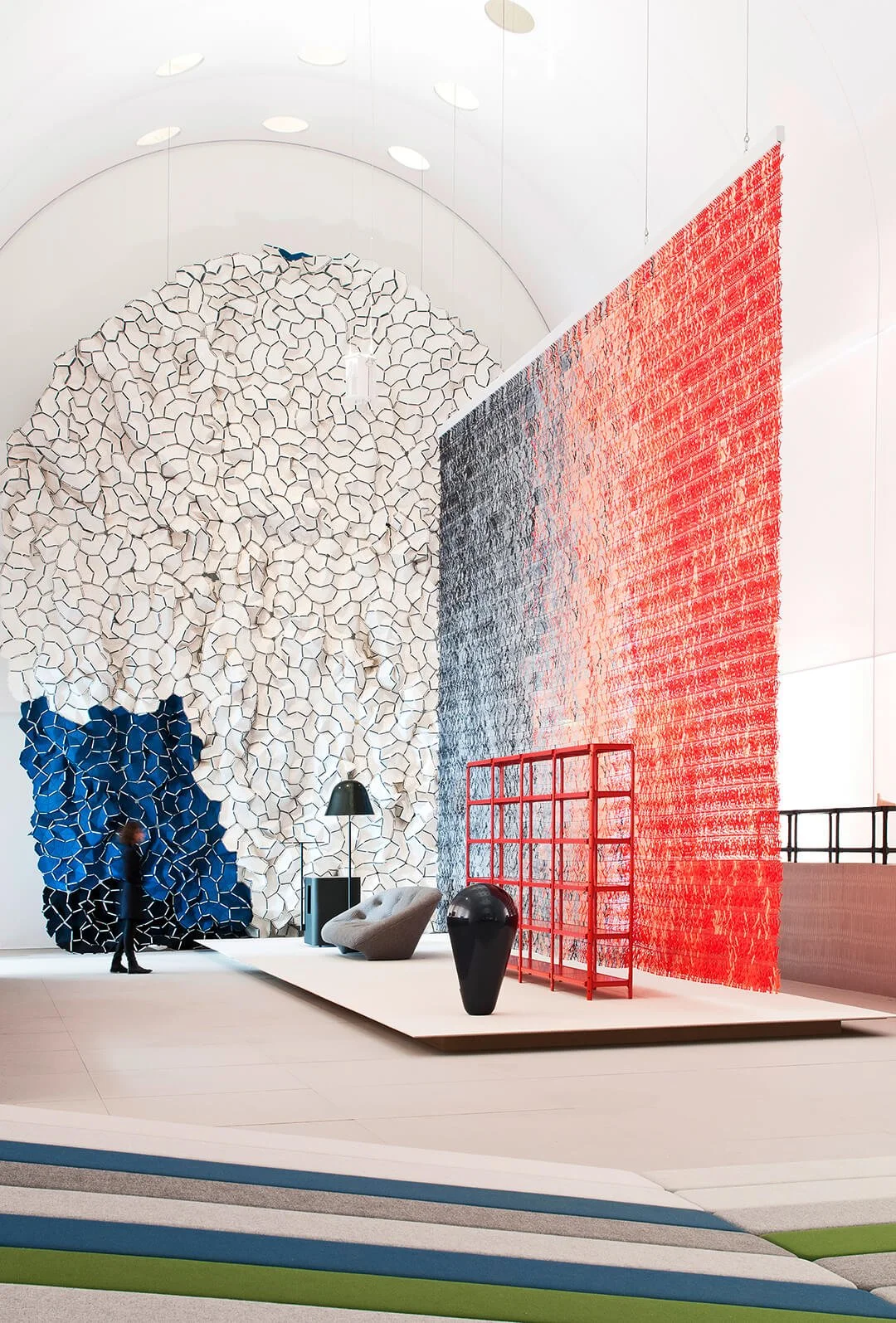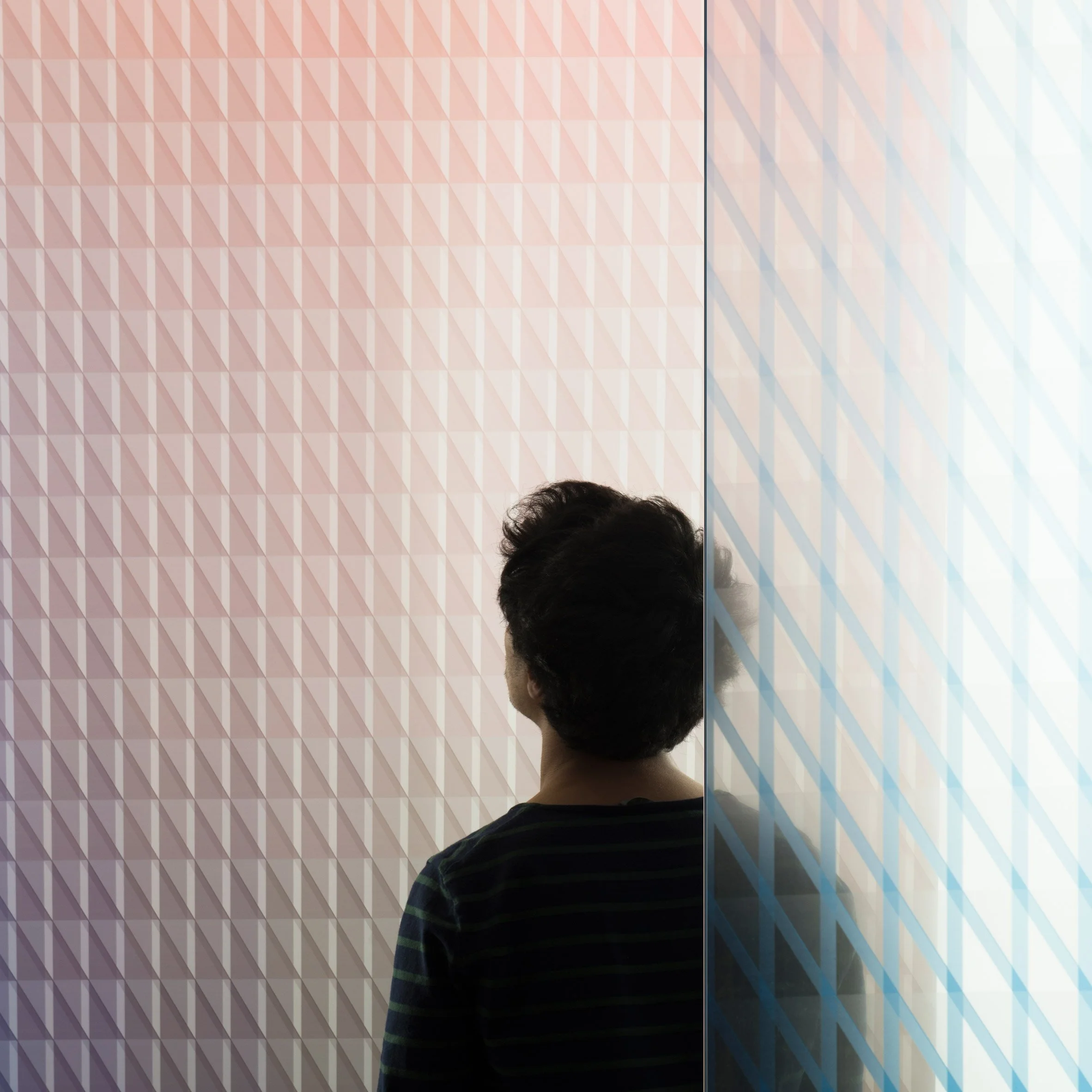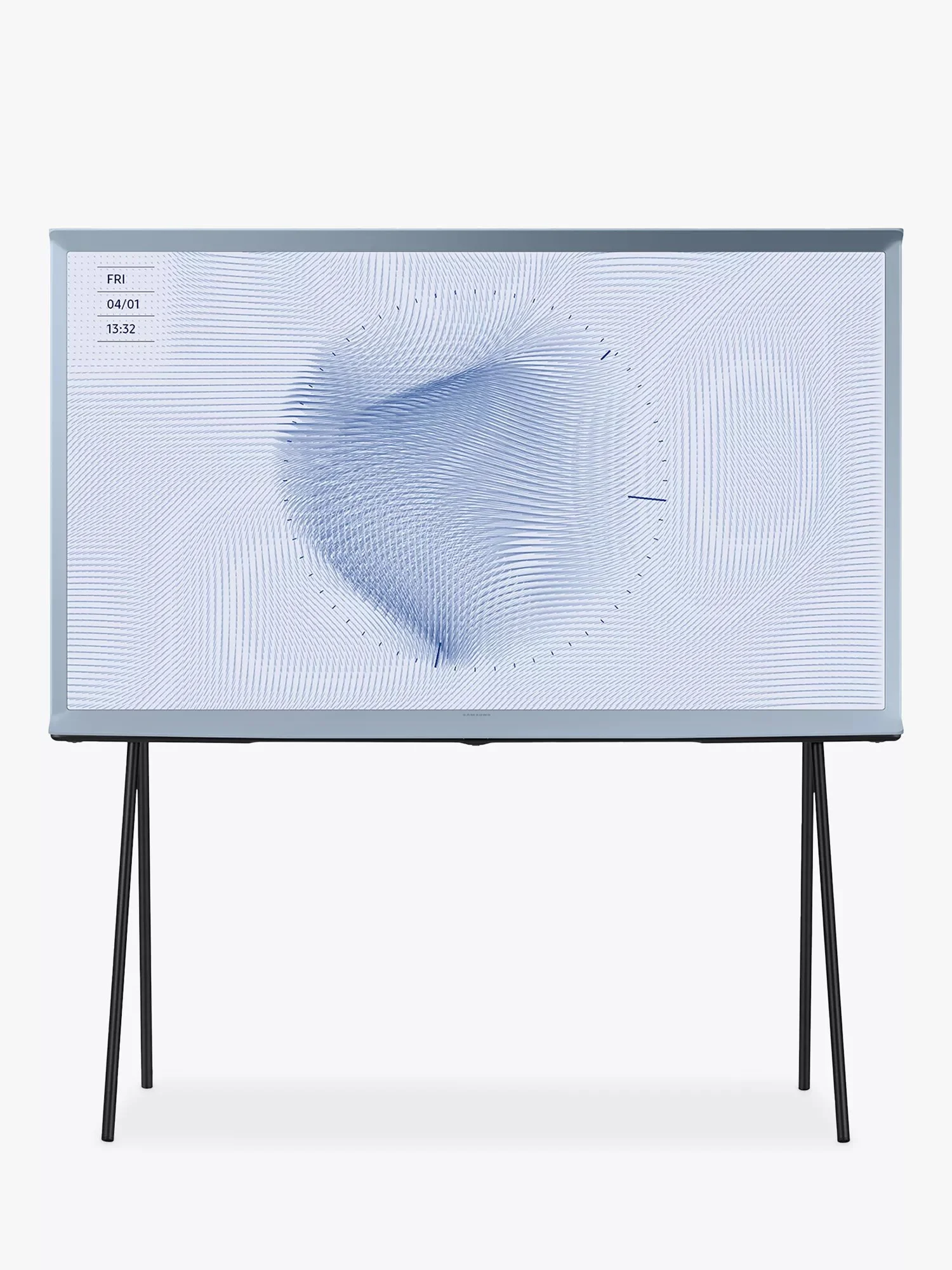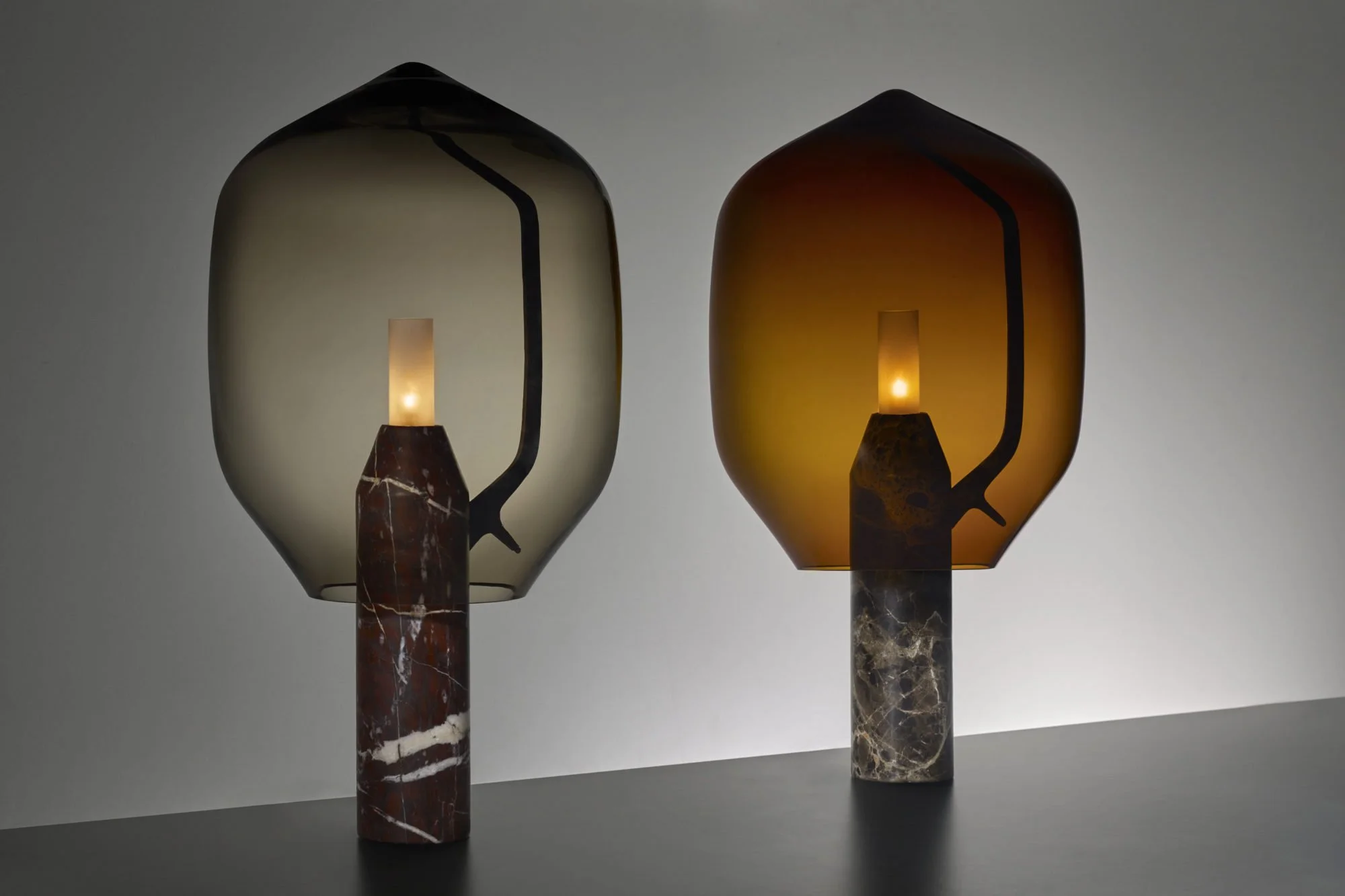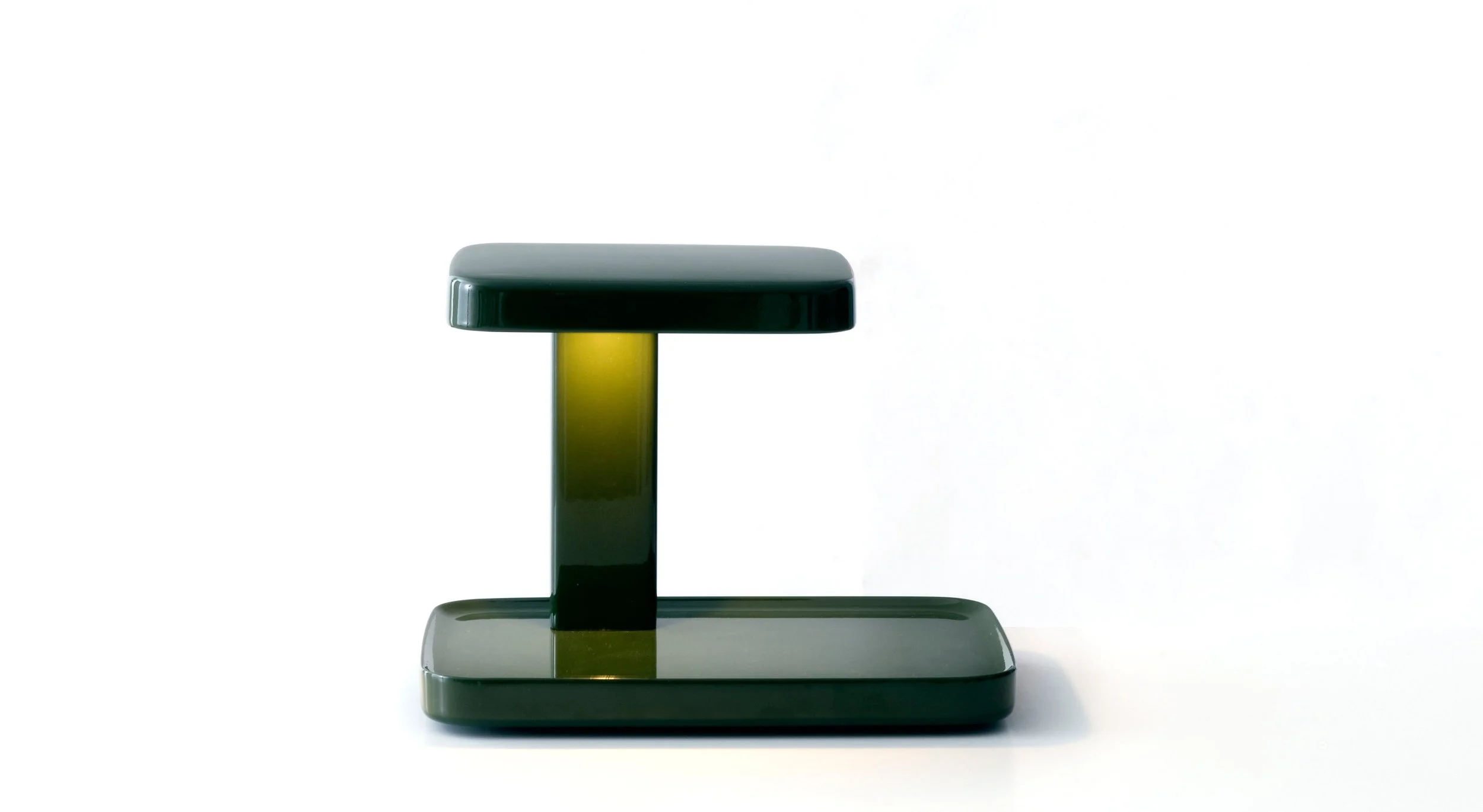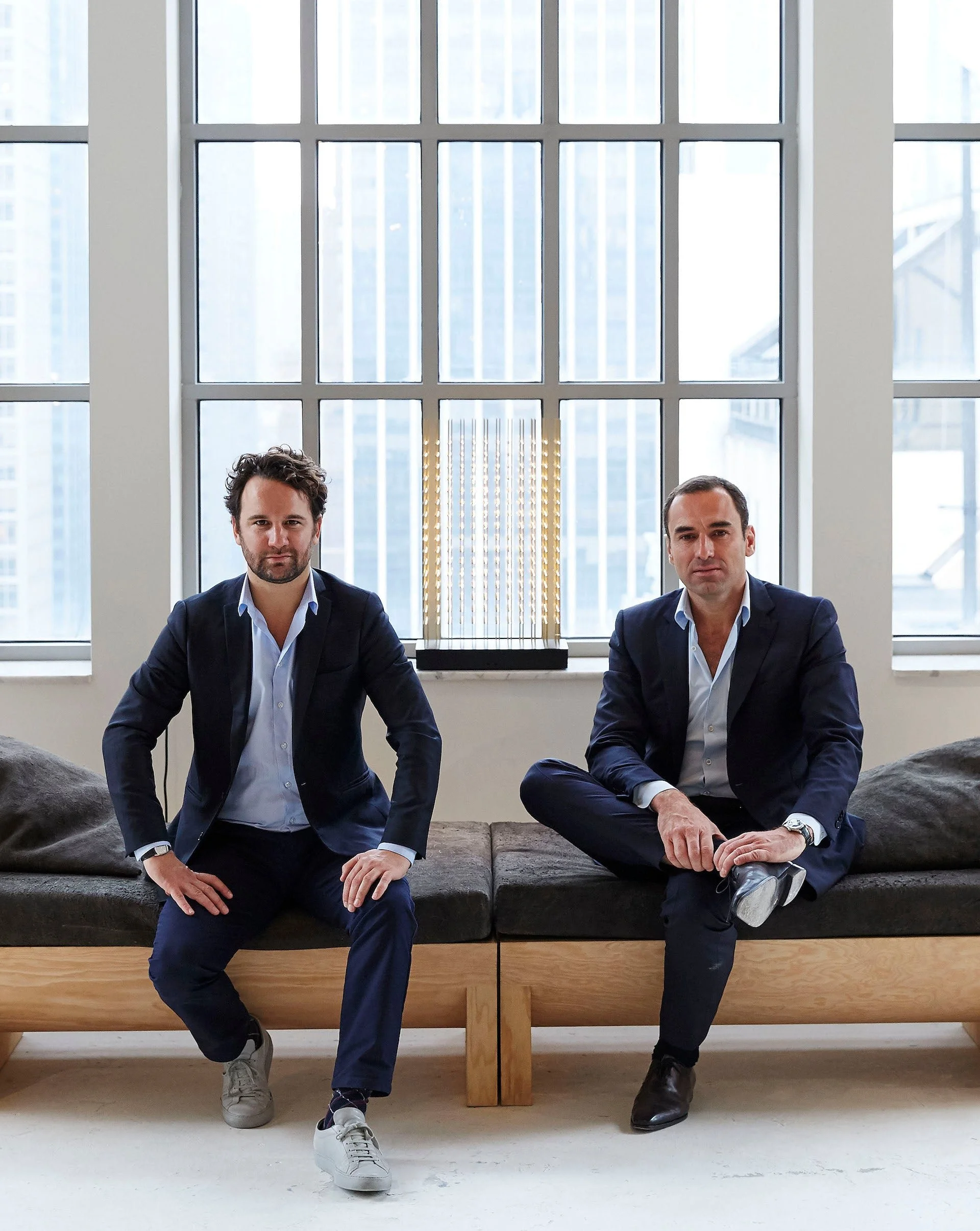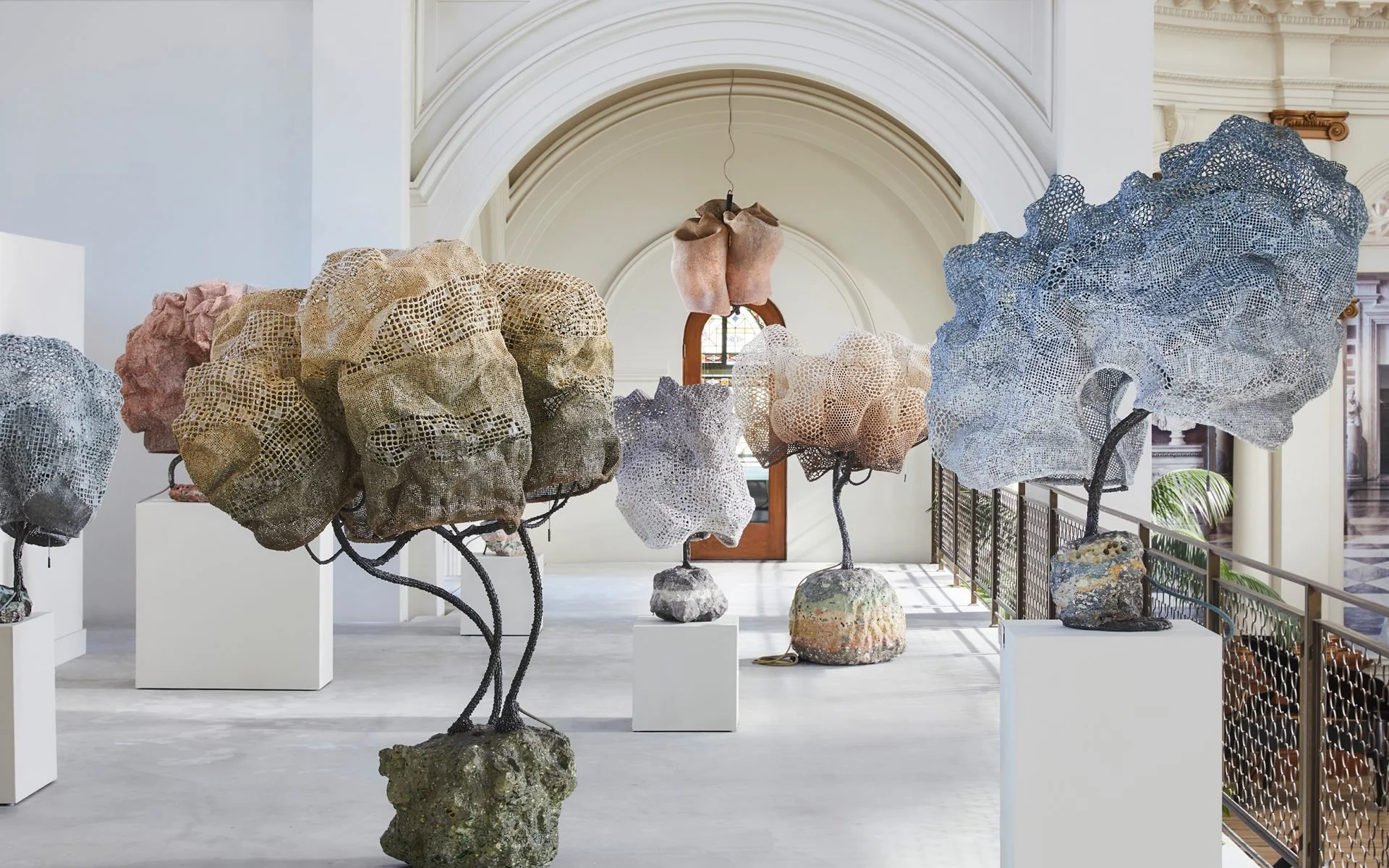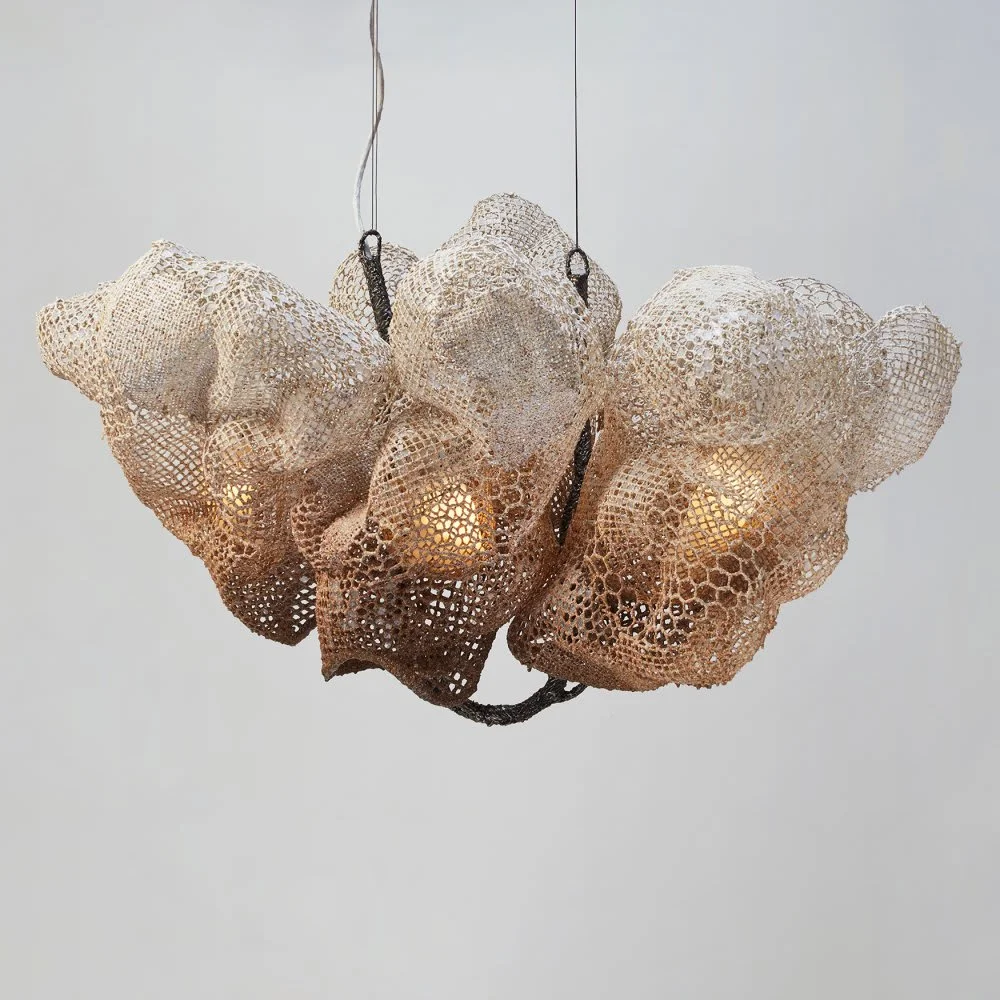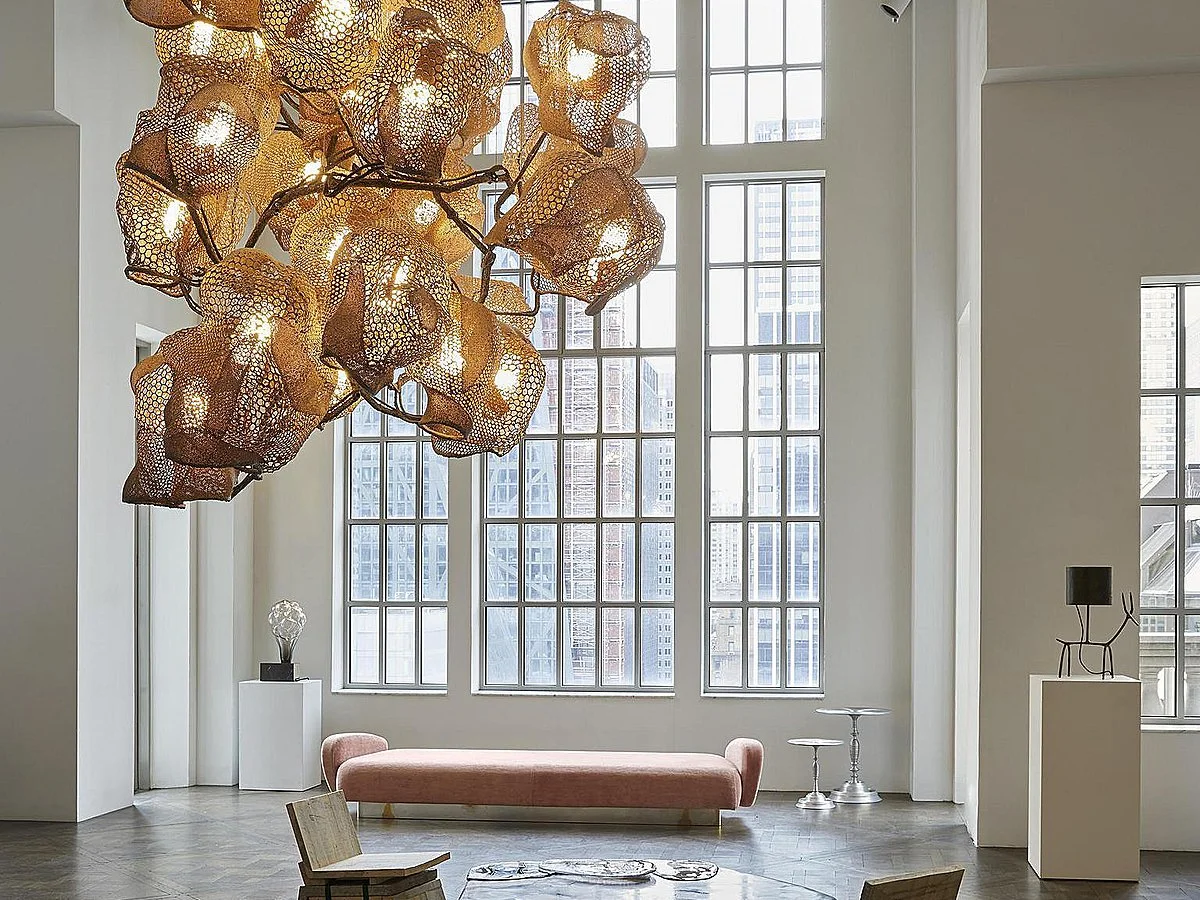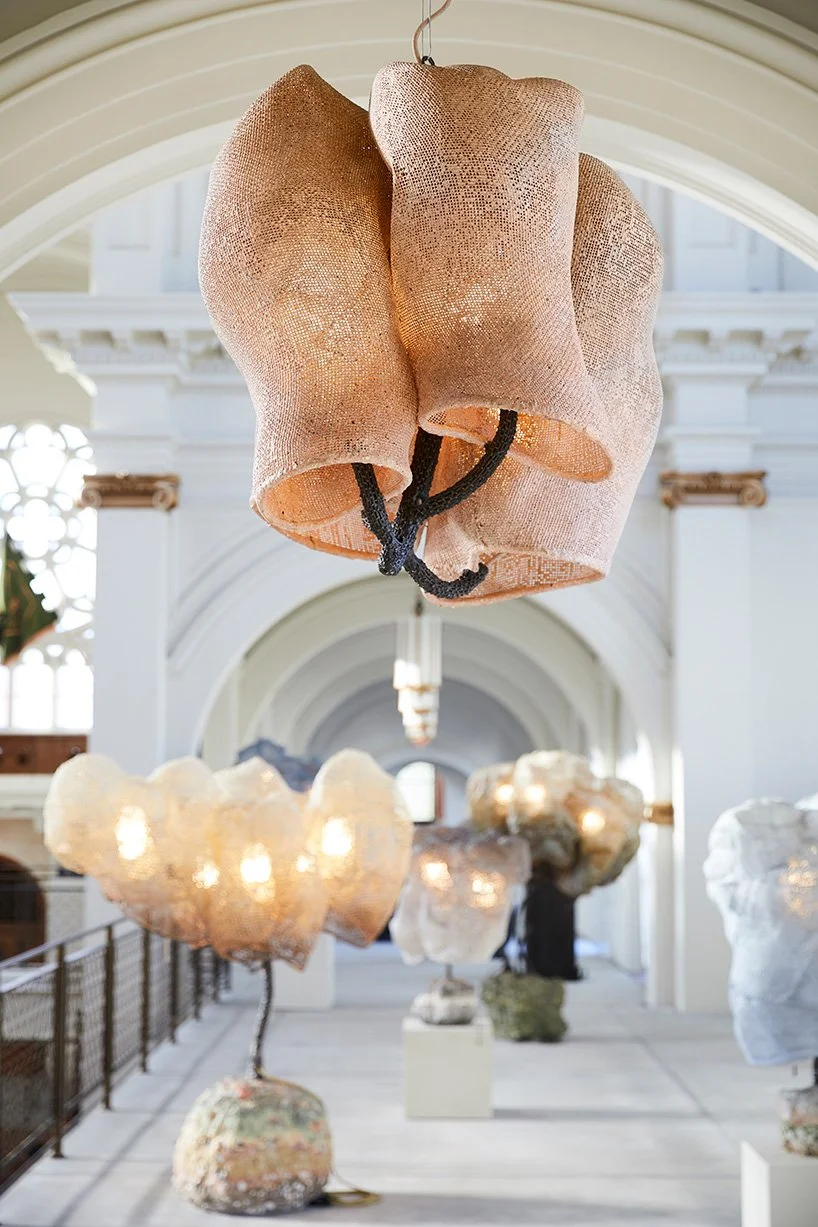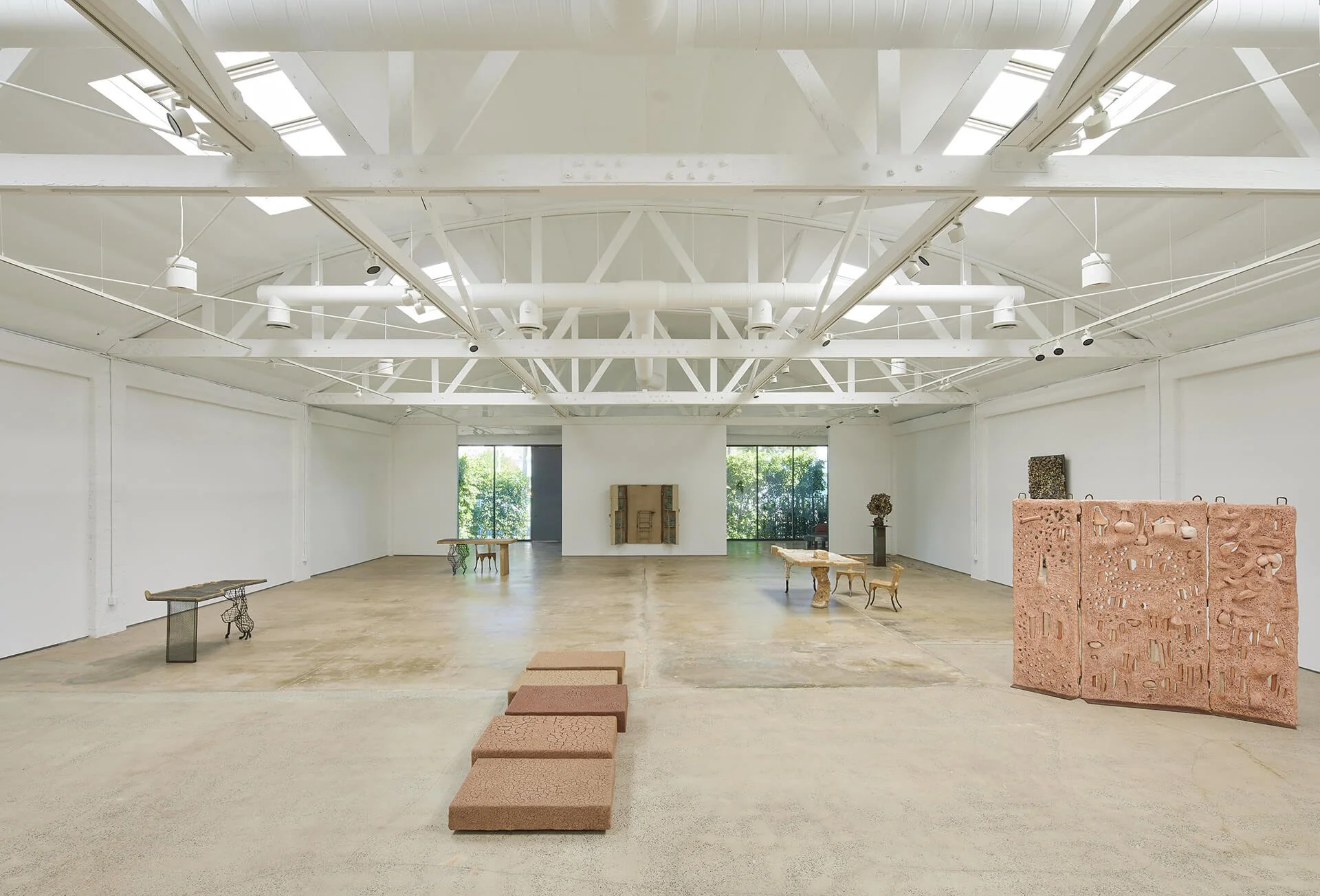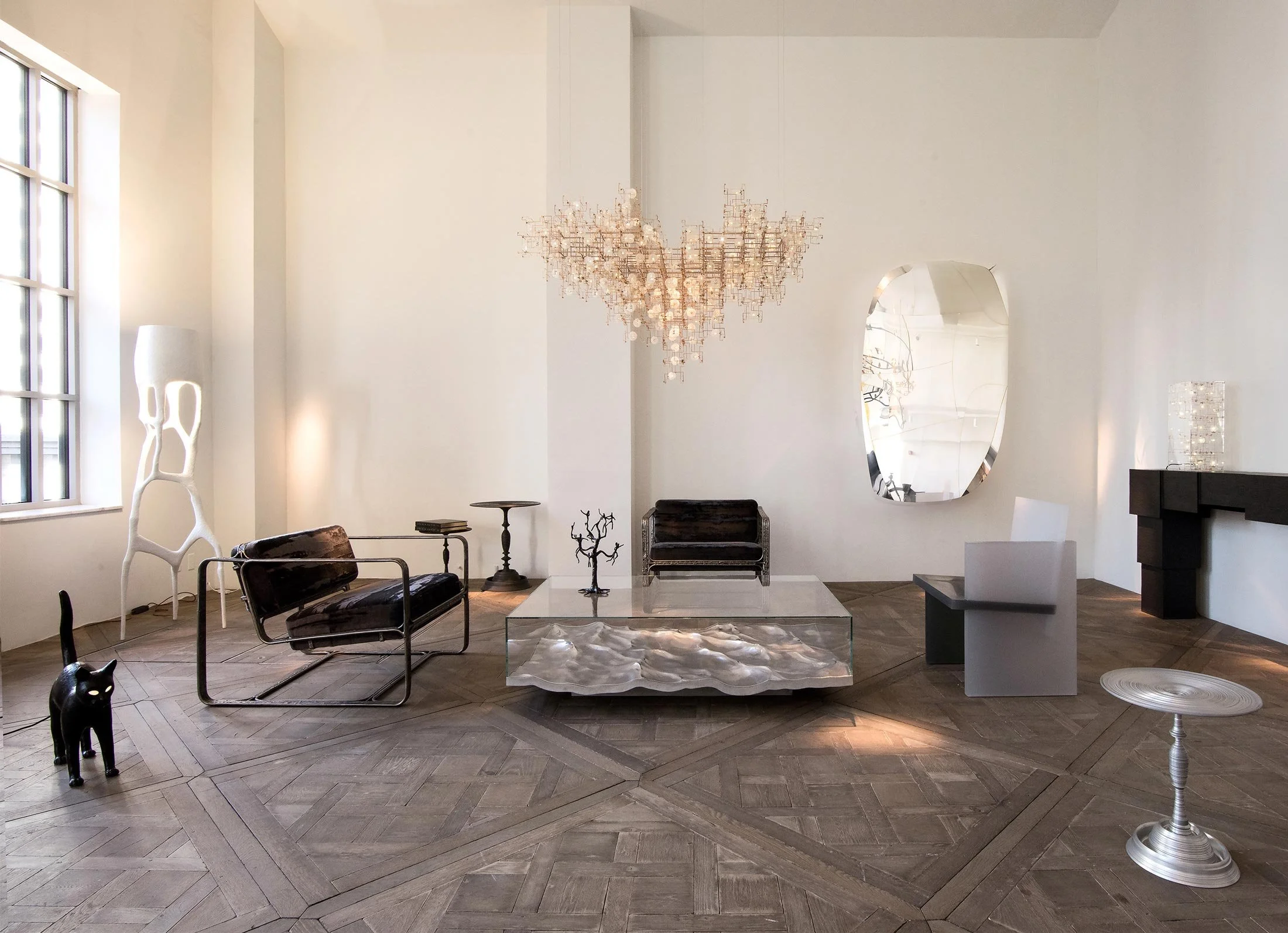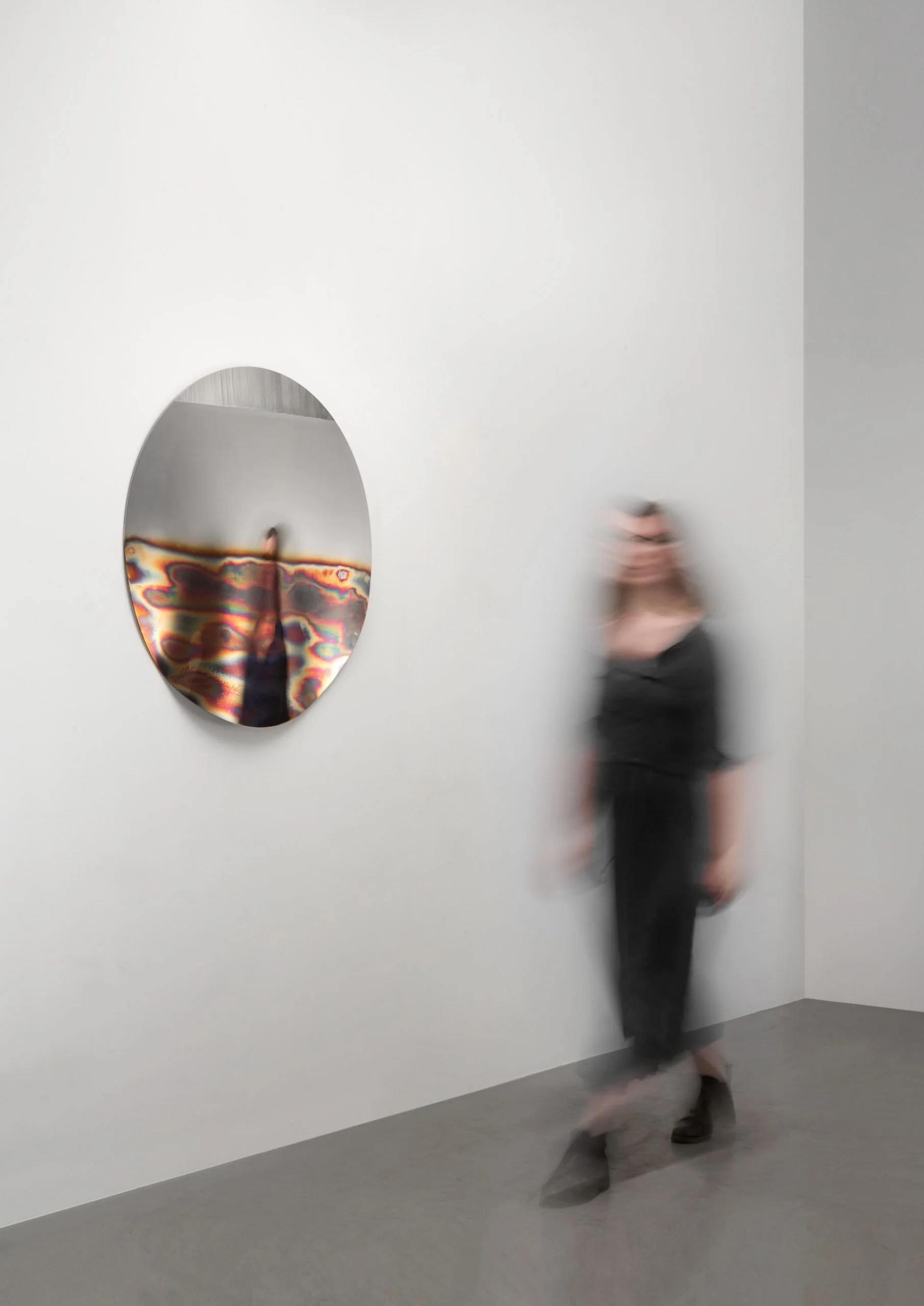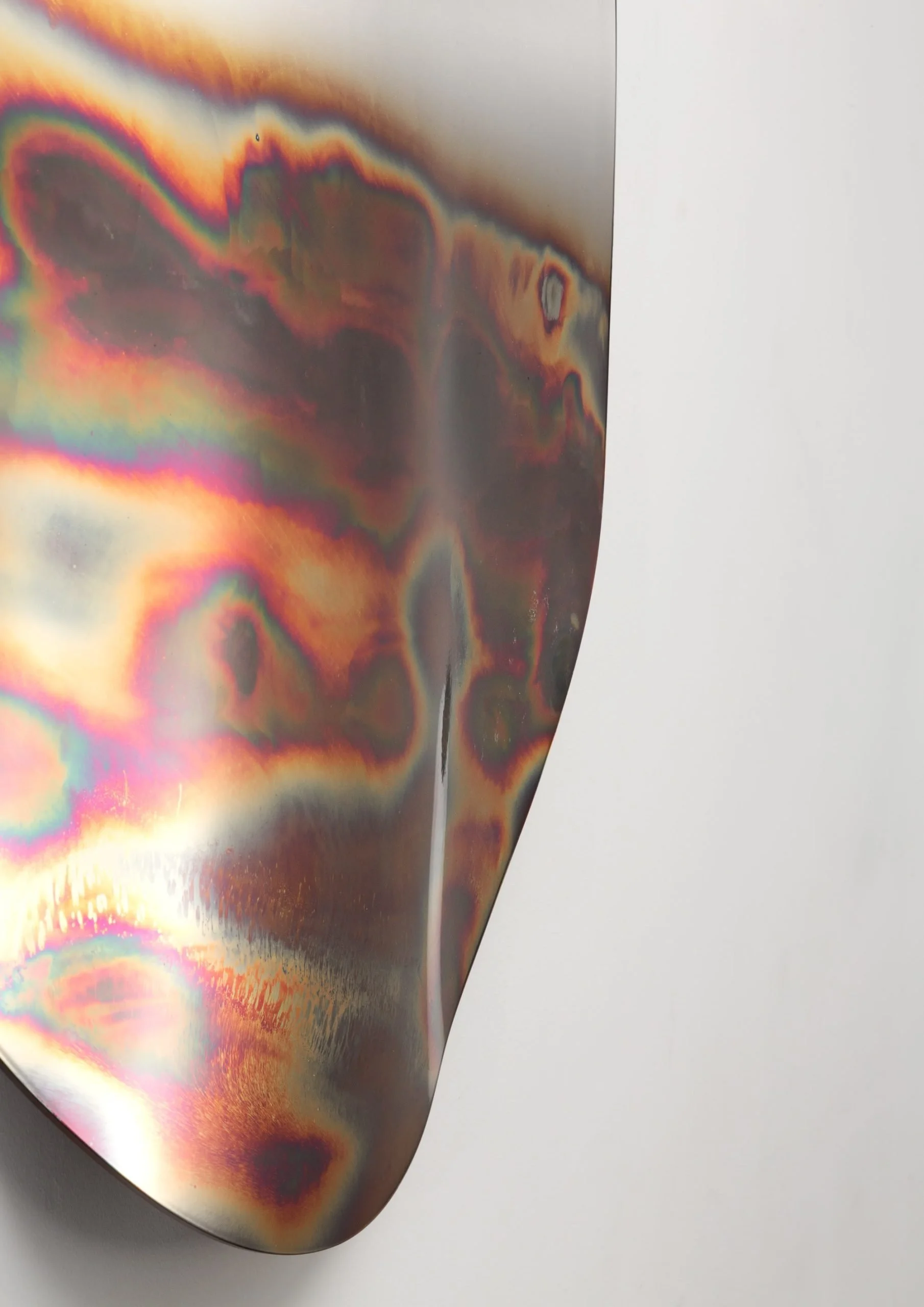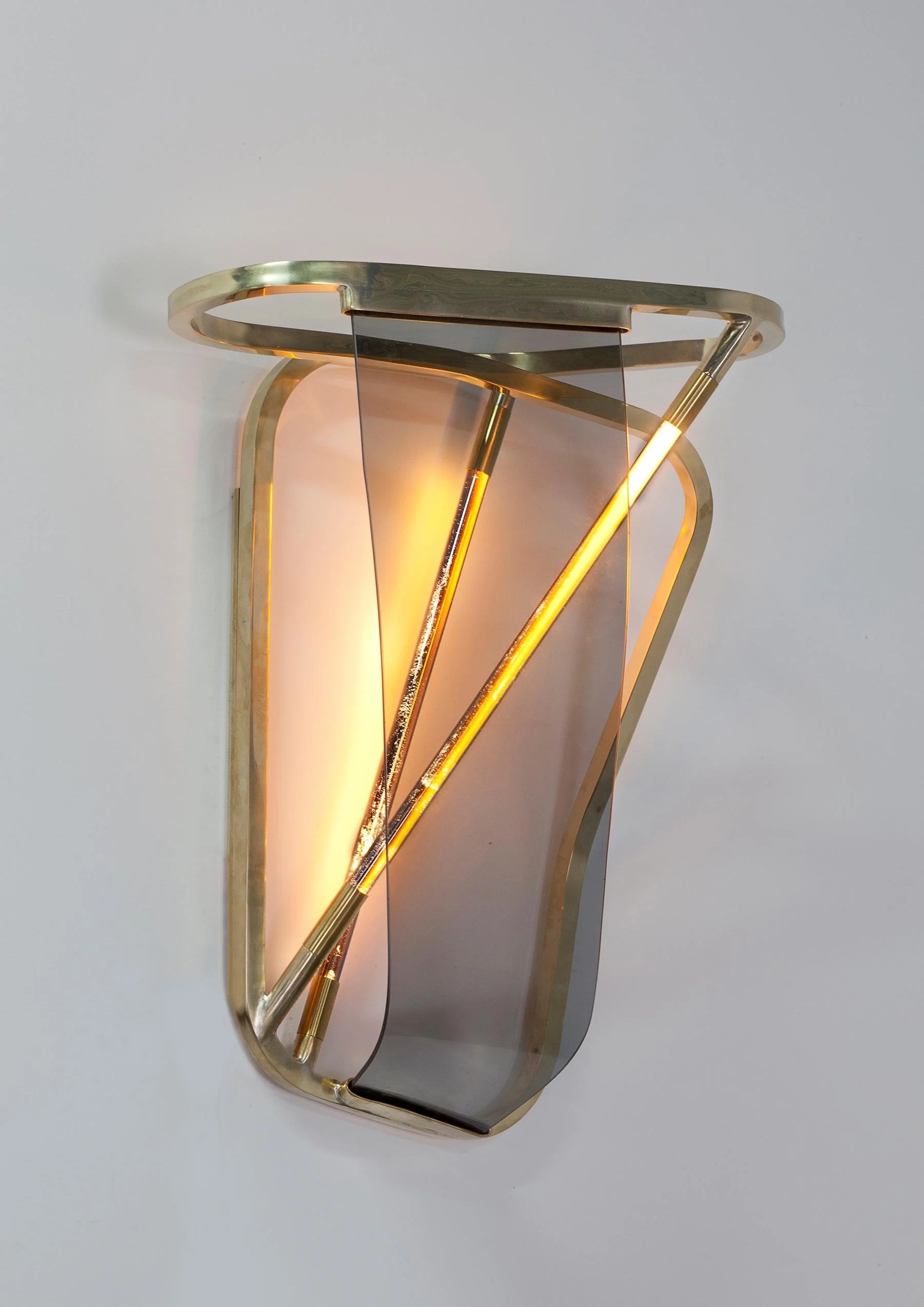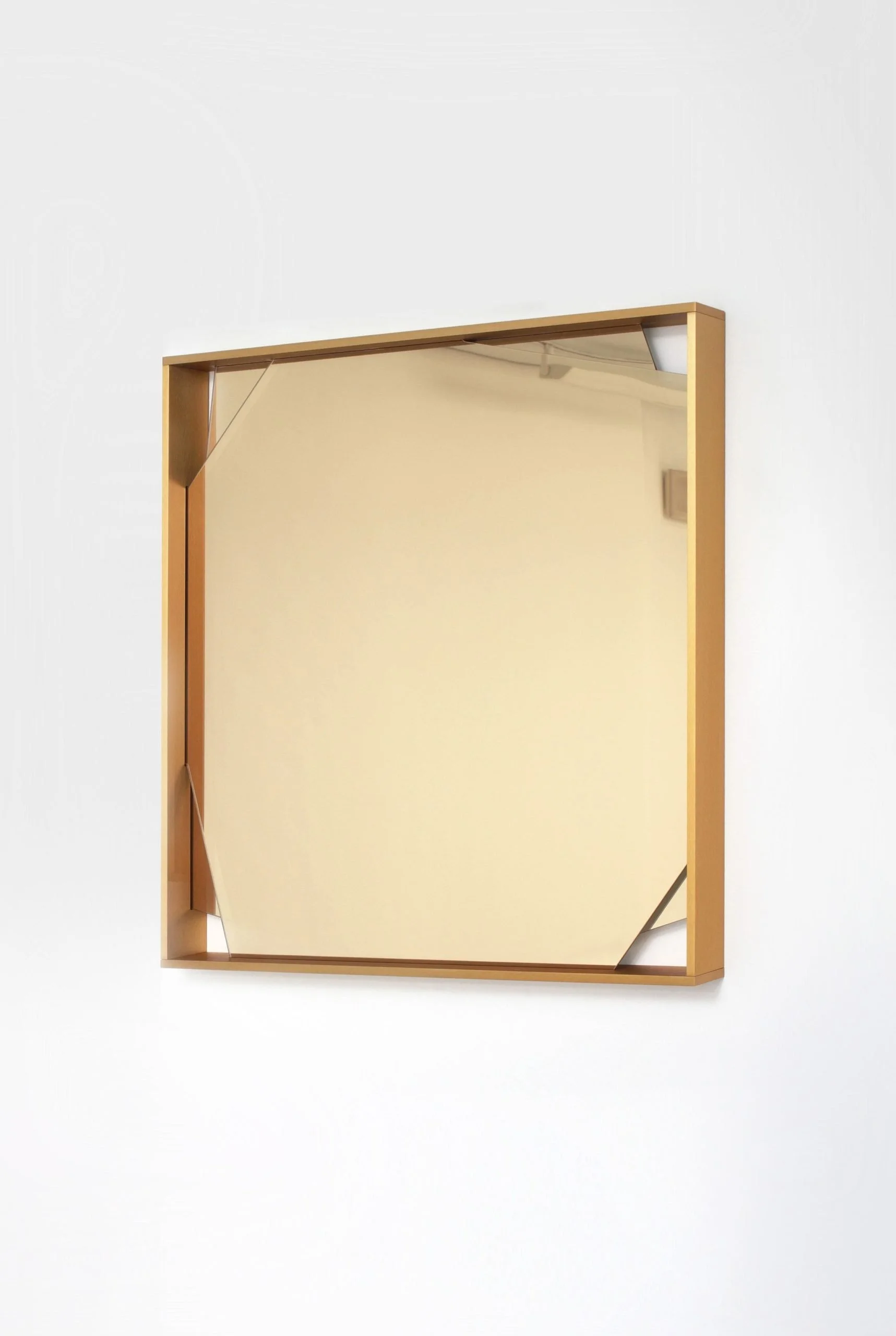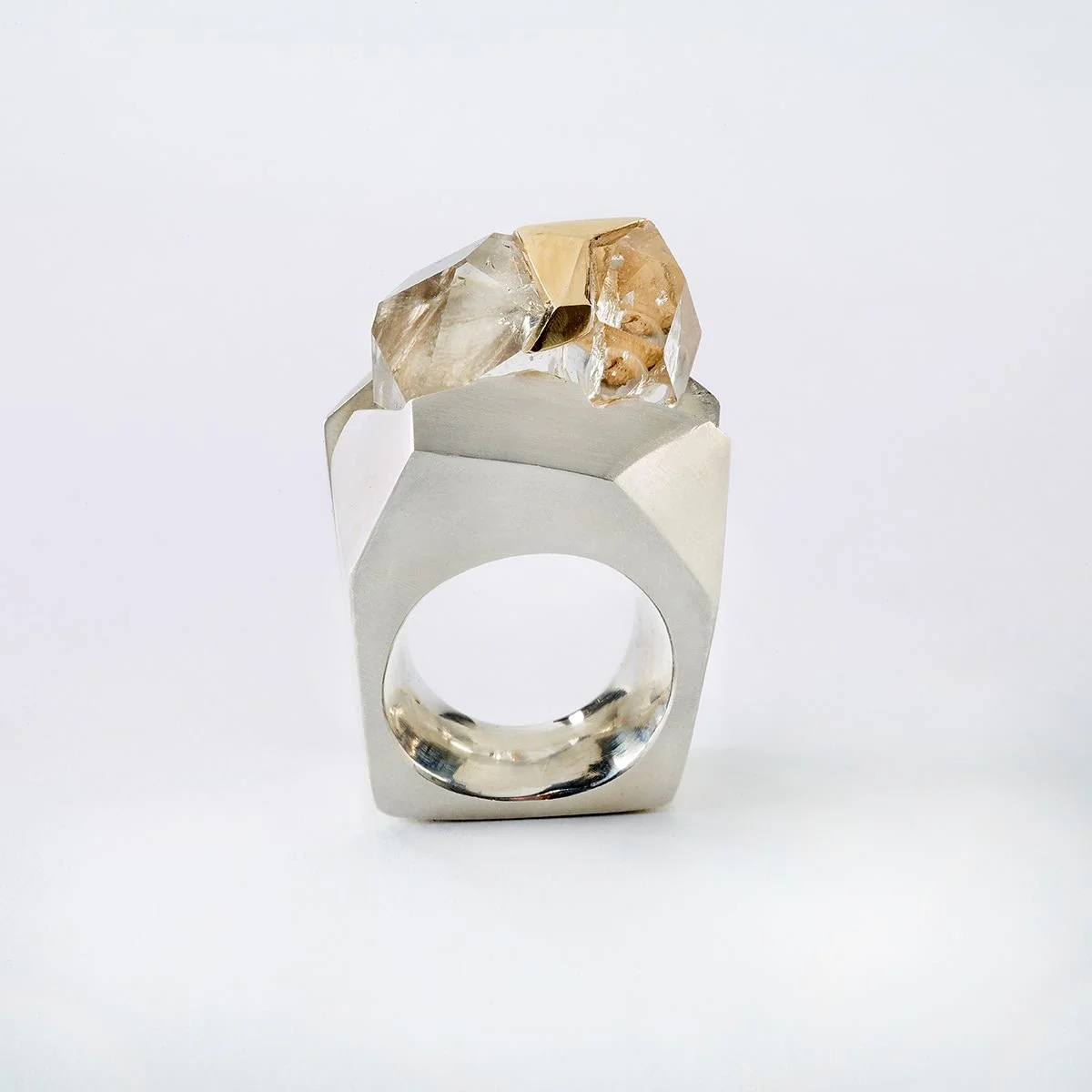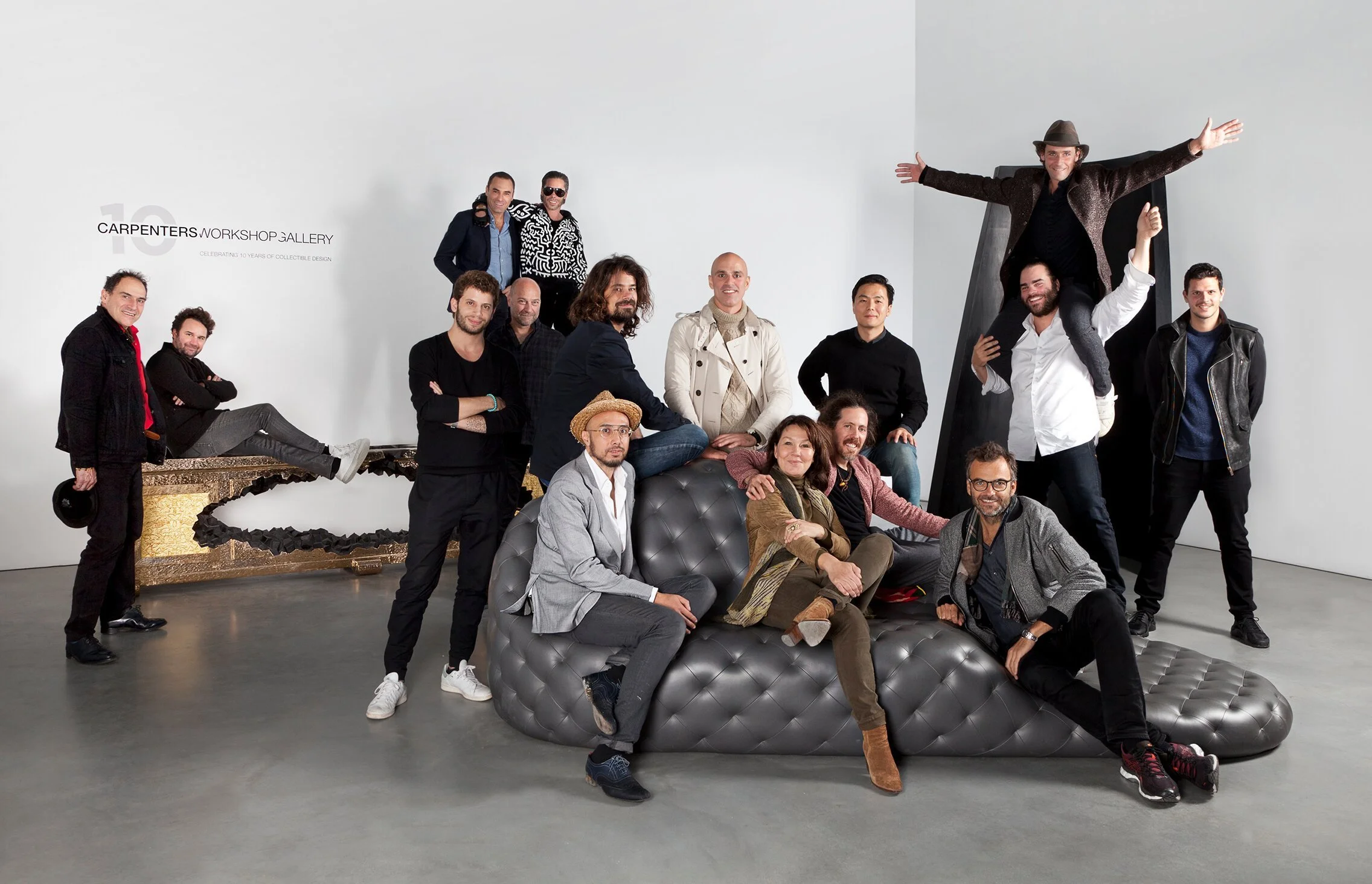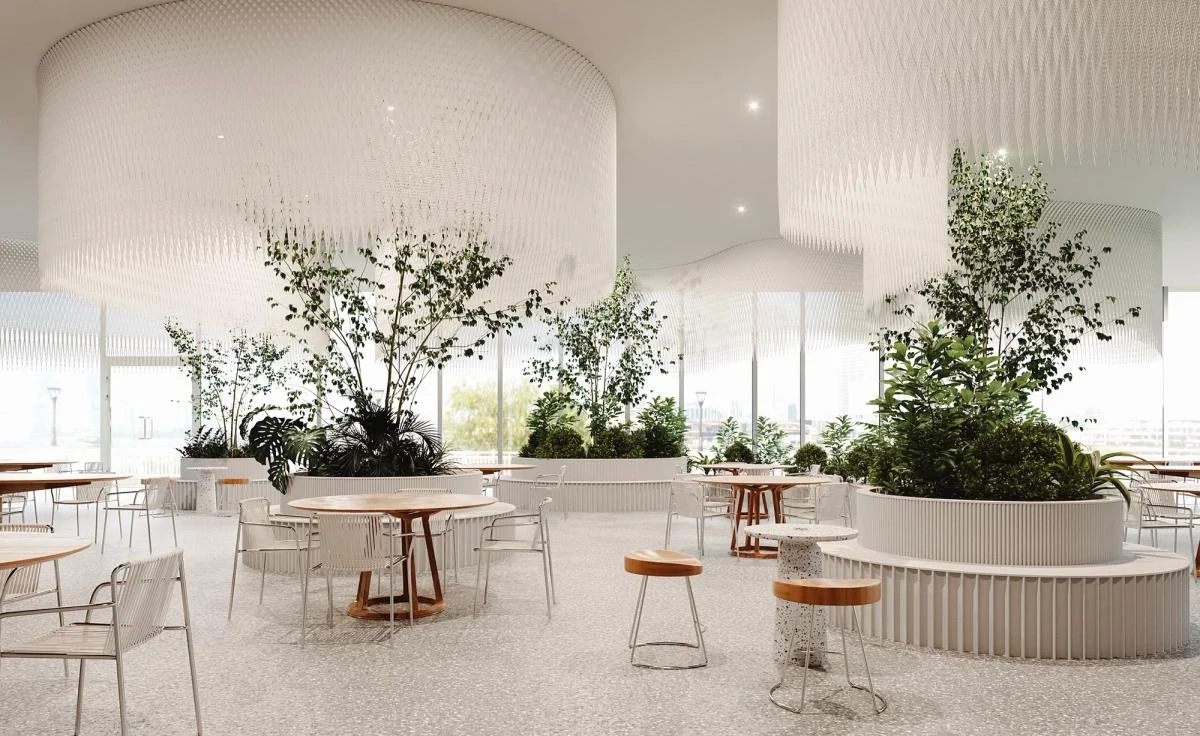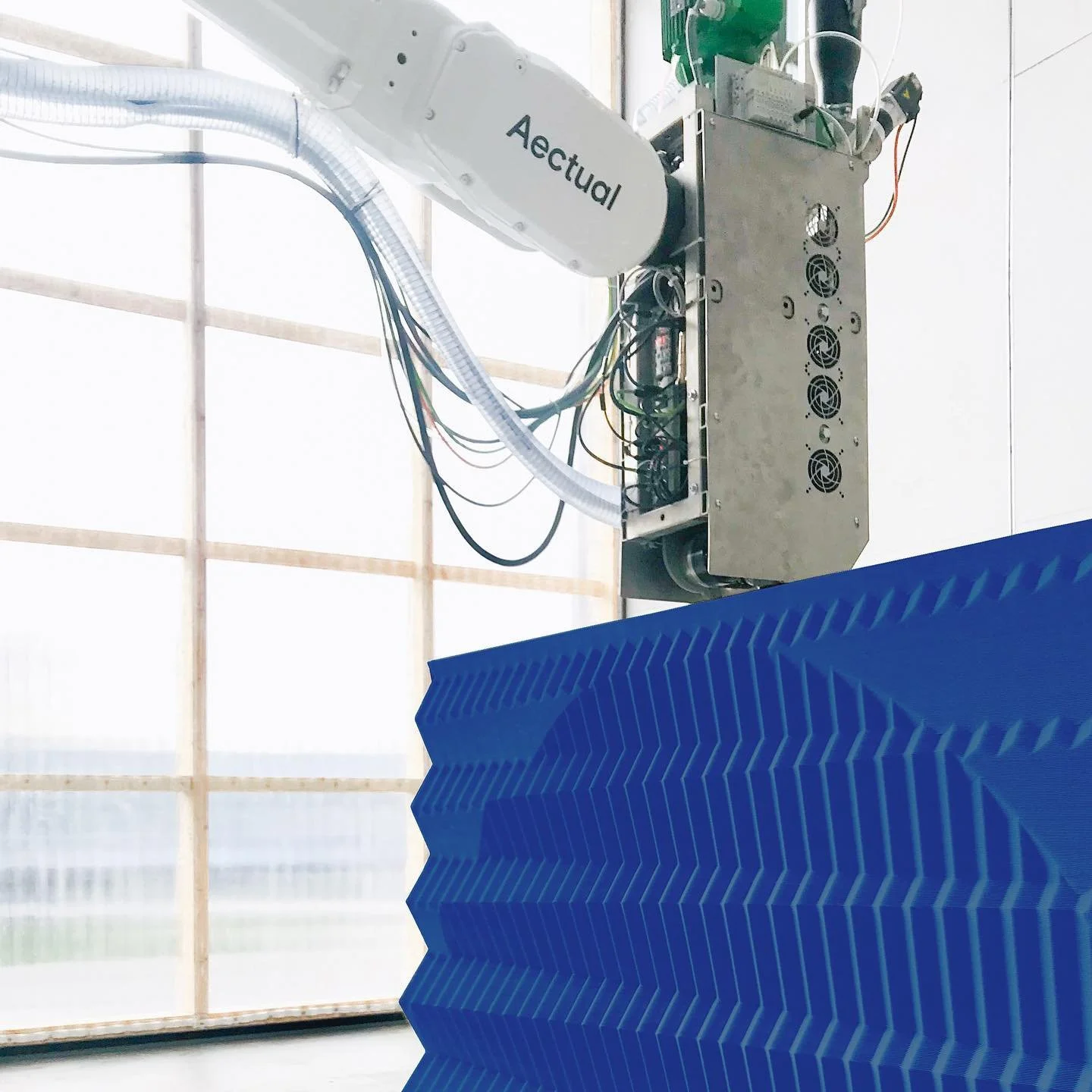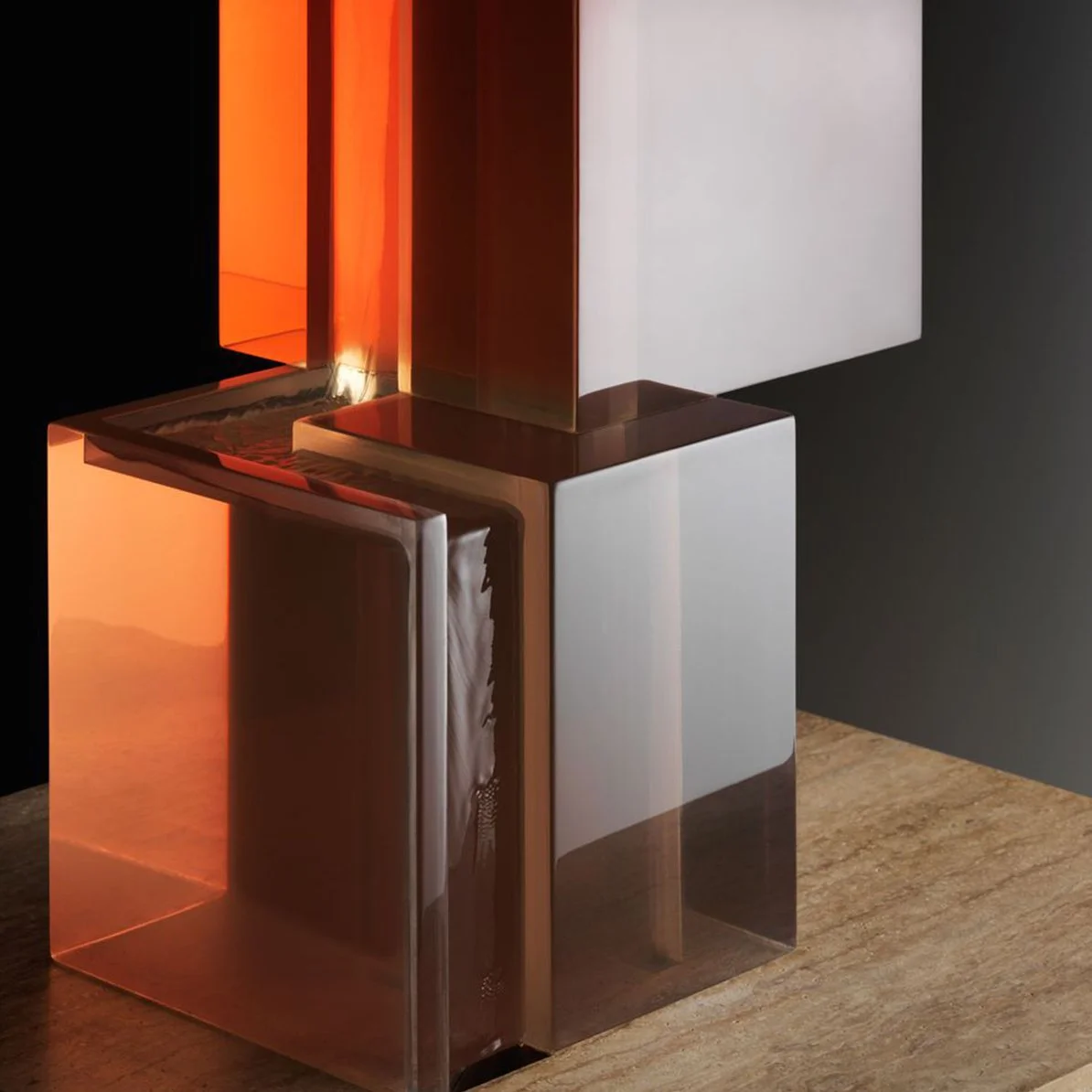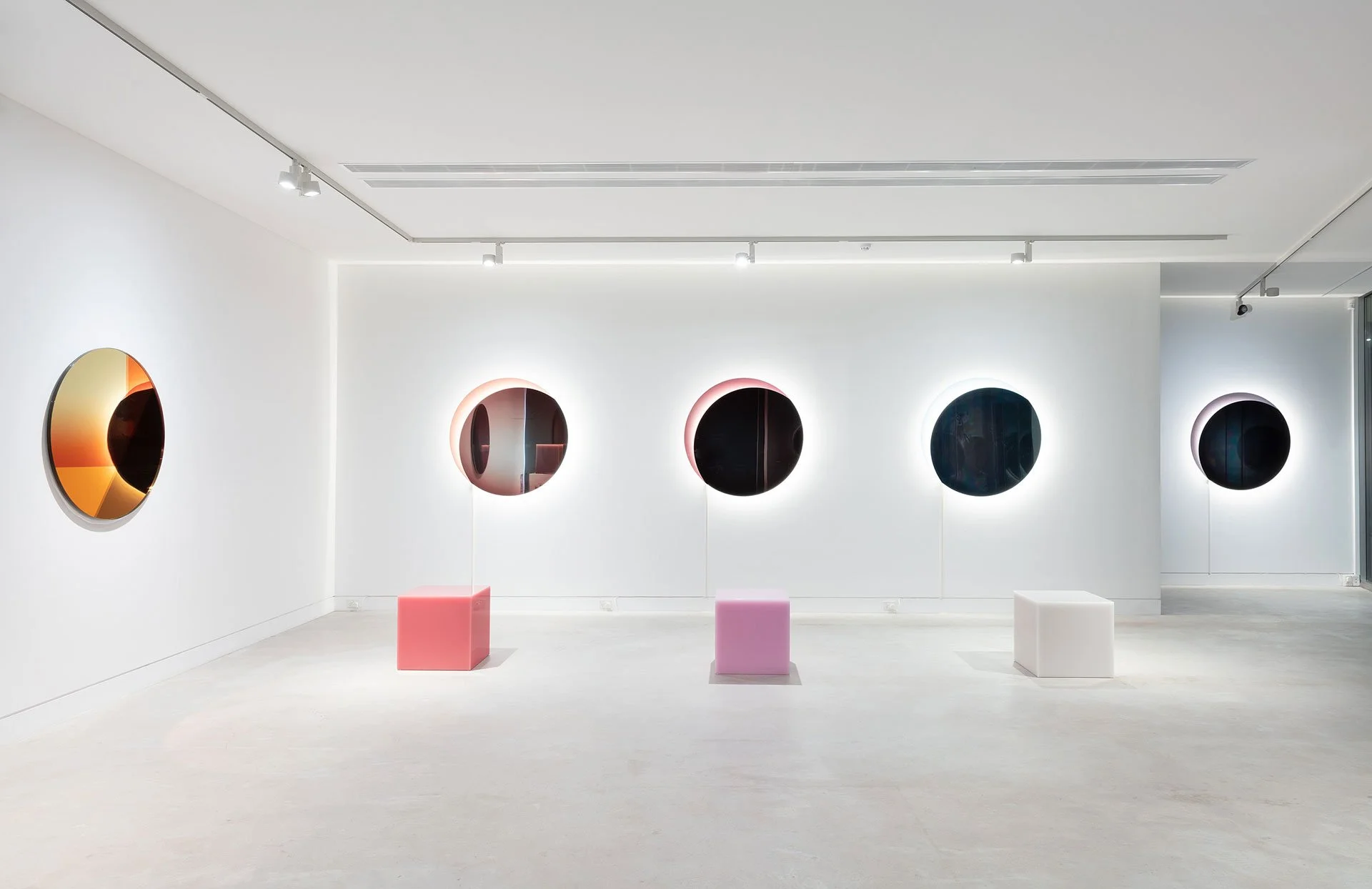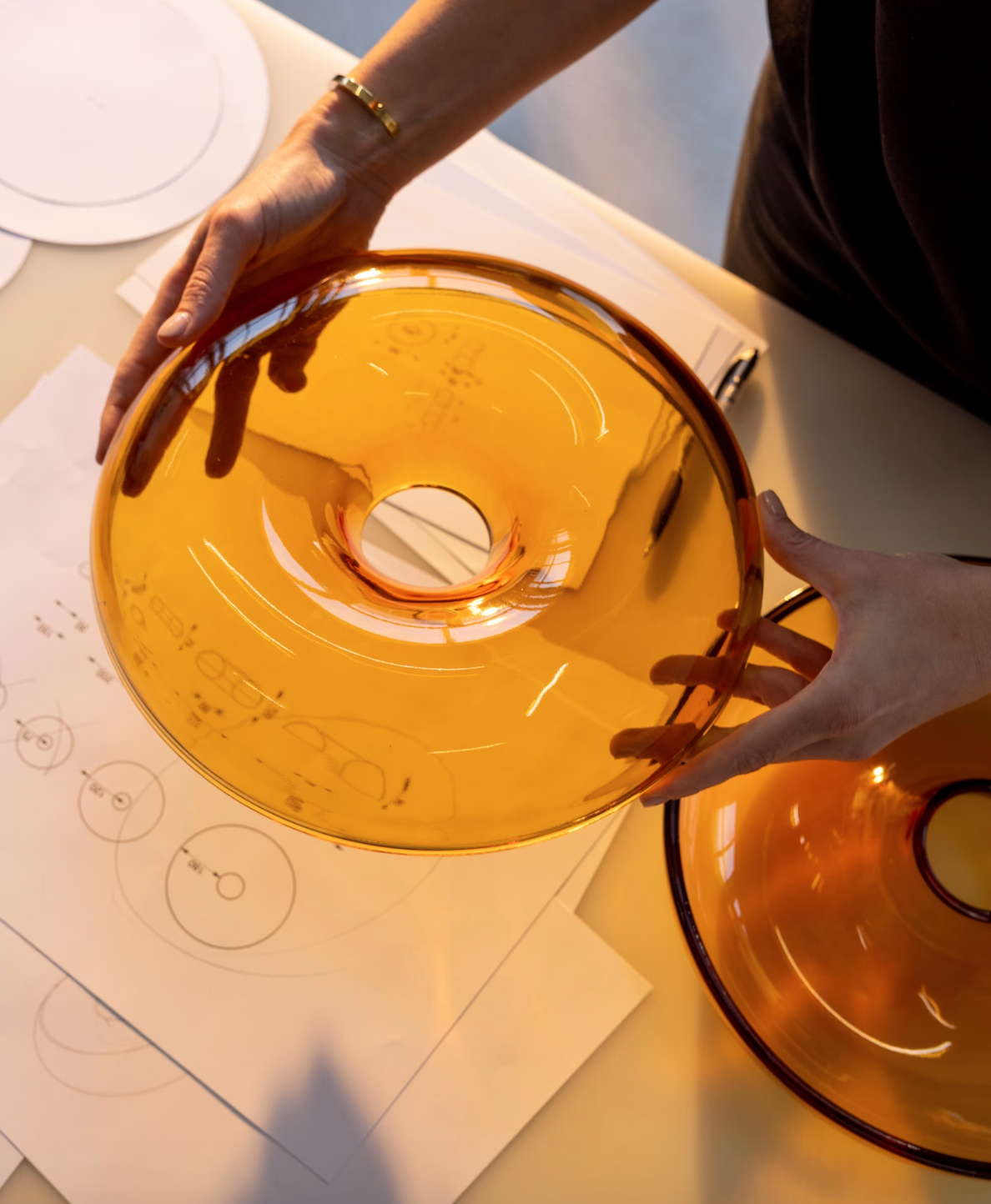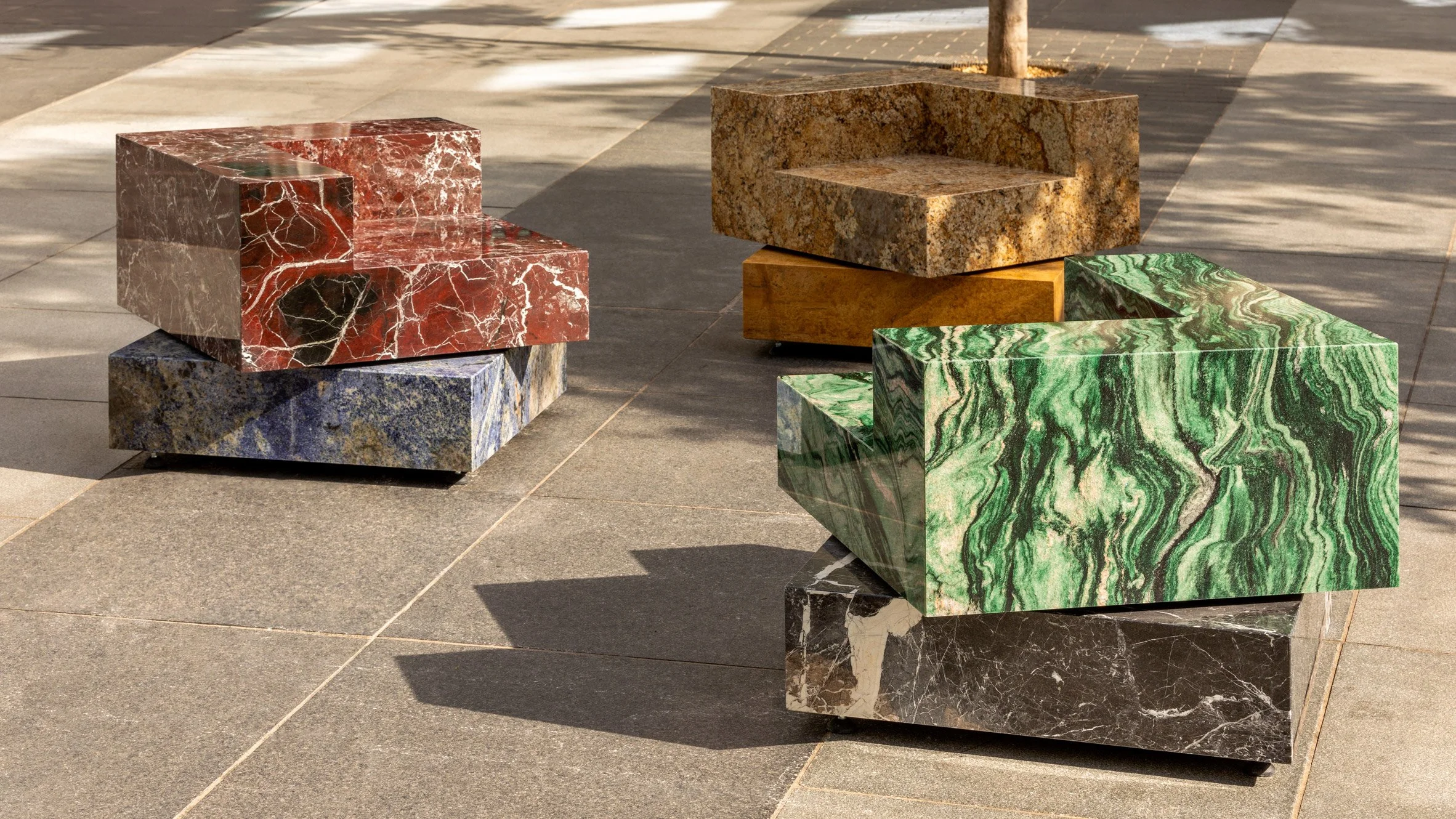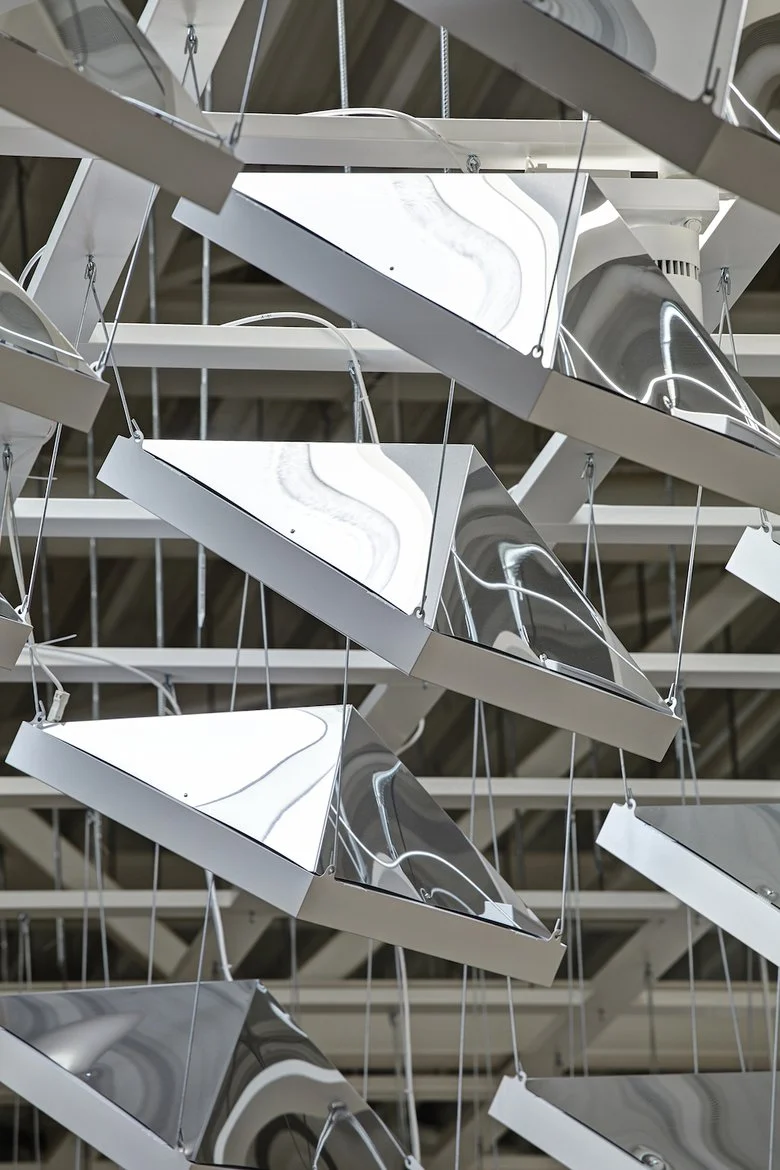 Image 1 of 12
Image 1 of 12

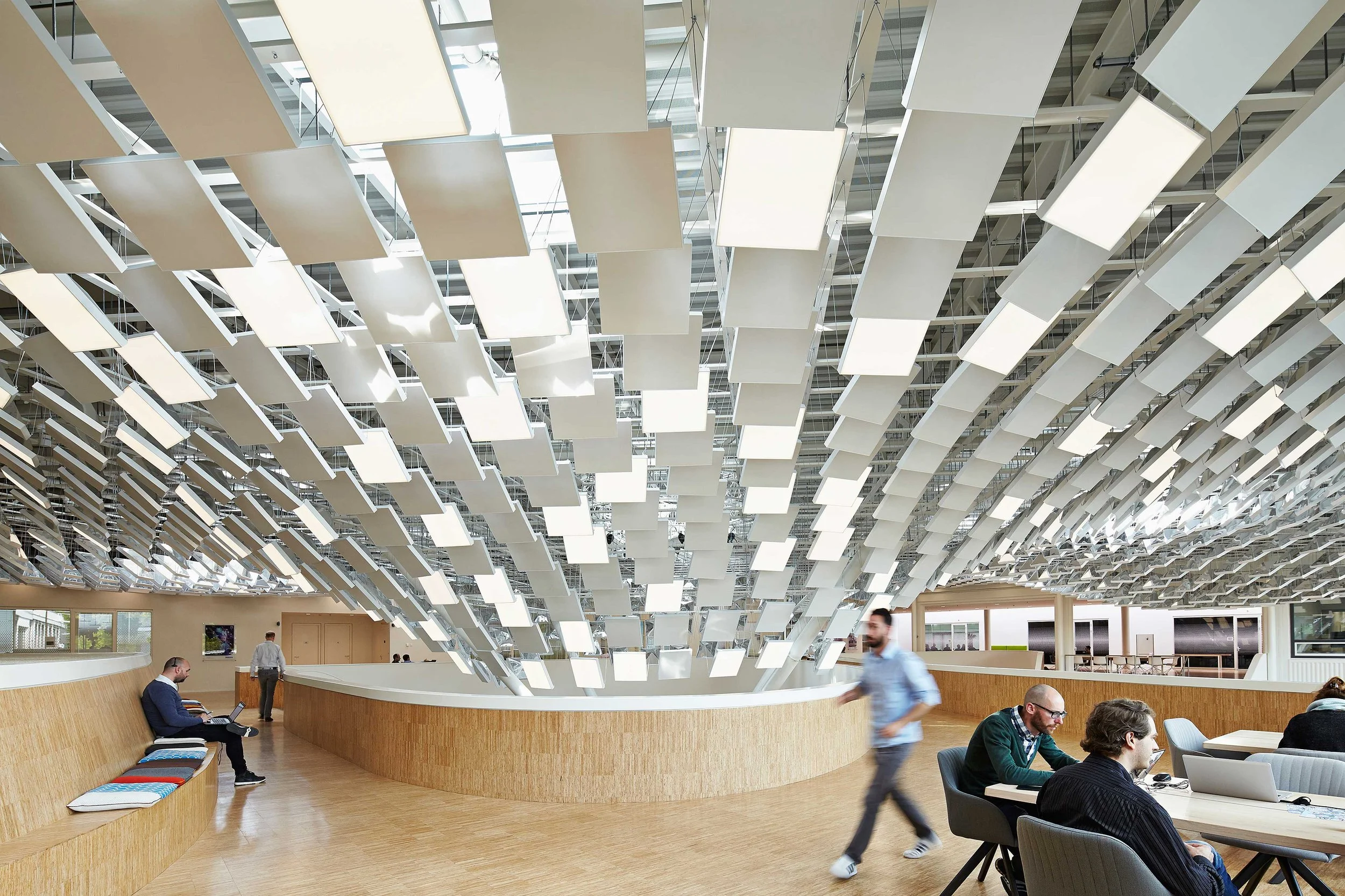 Image 2 of 12
Image 2 of 12

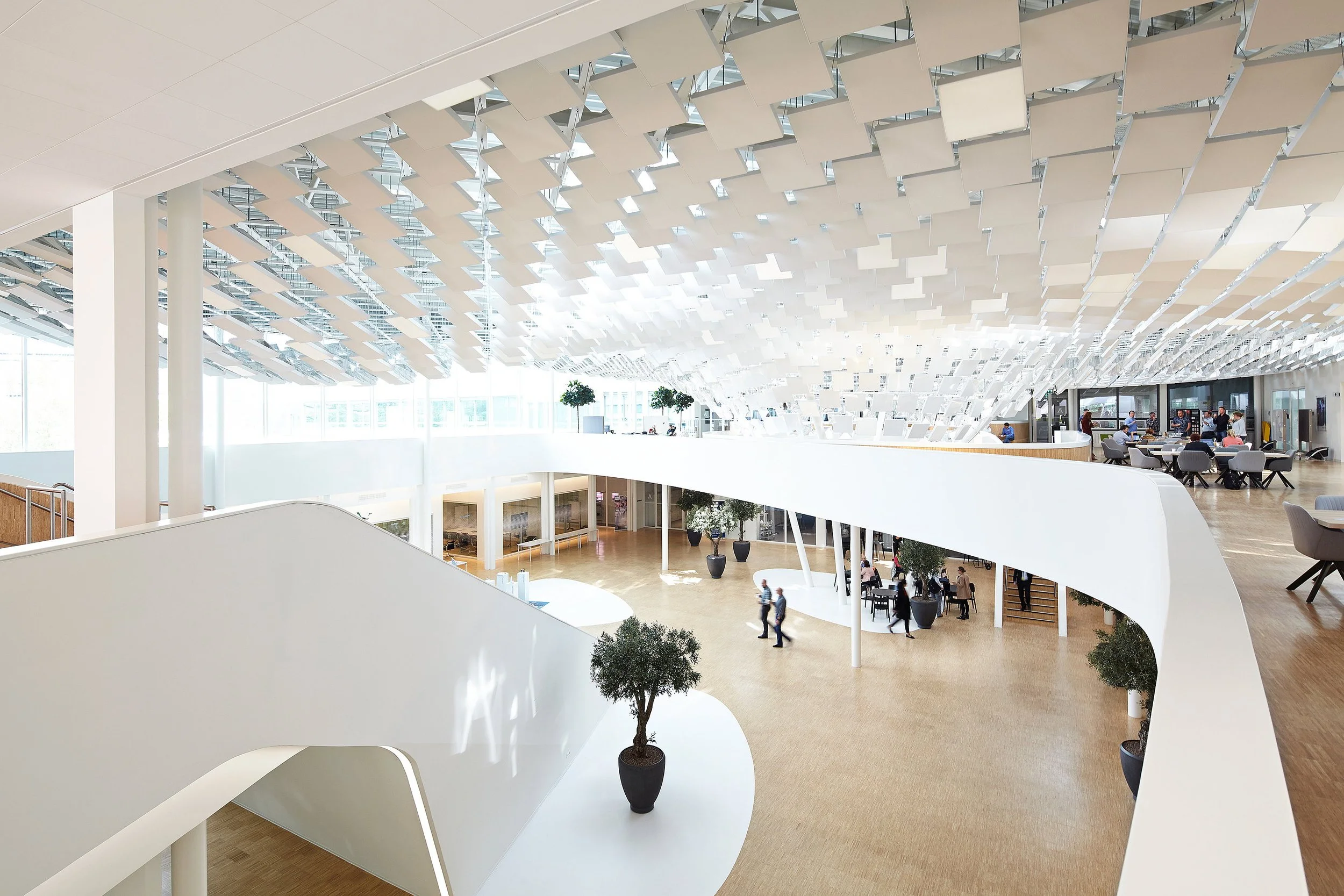 Image 3 of 12
Image 3 of 12

 Image 4 of 12
Image 4 of 12

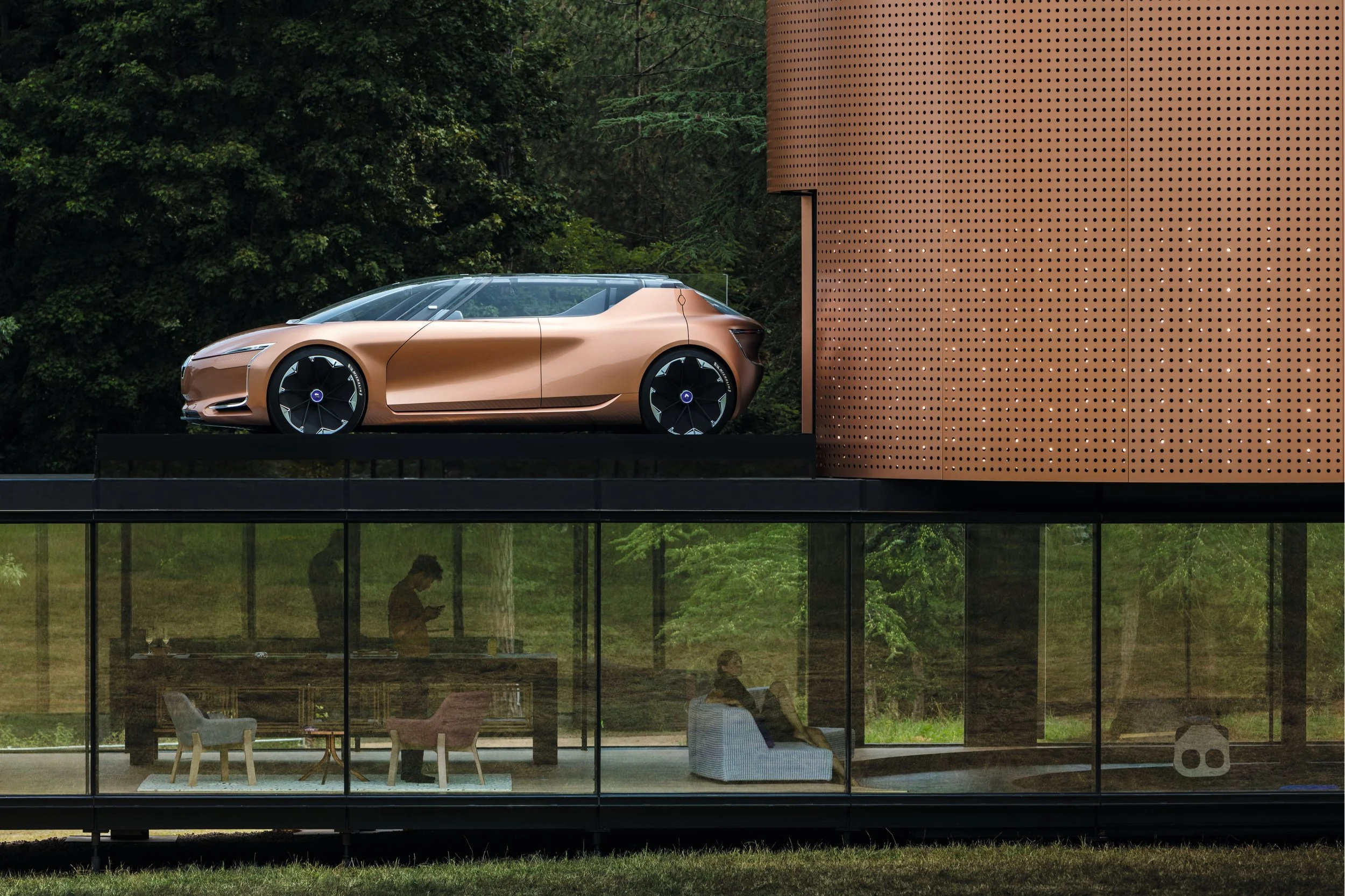 Image 5 of 12
Image 5 of 12

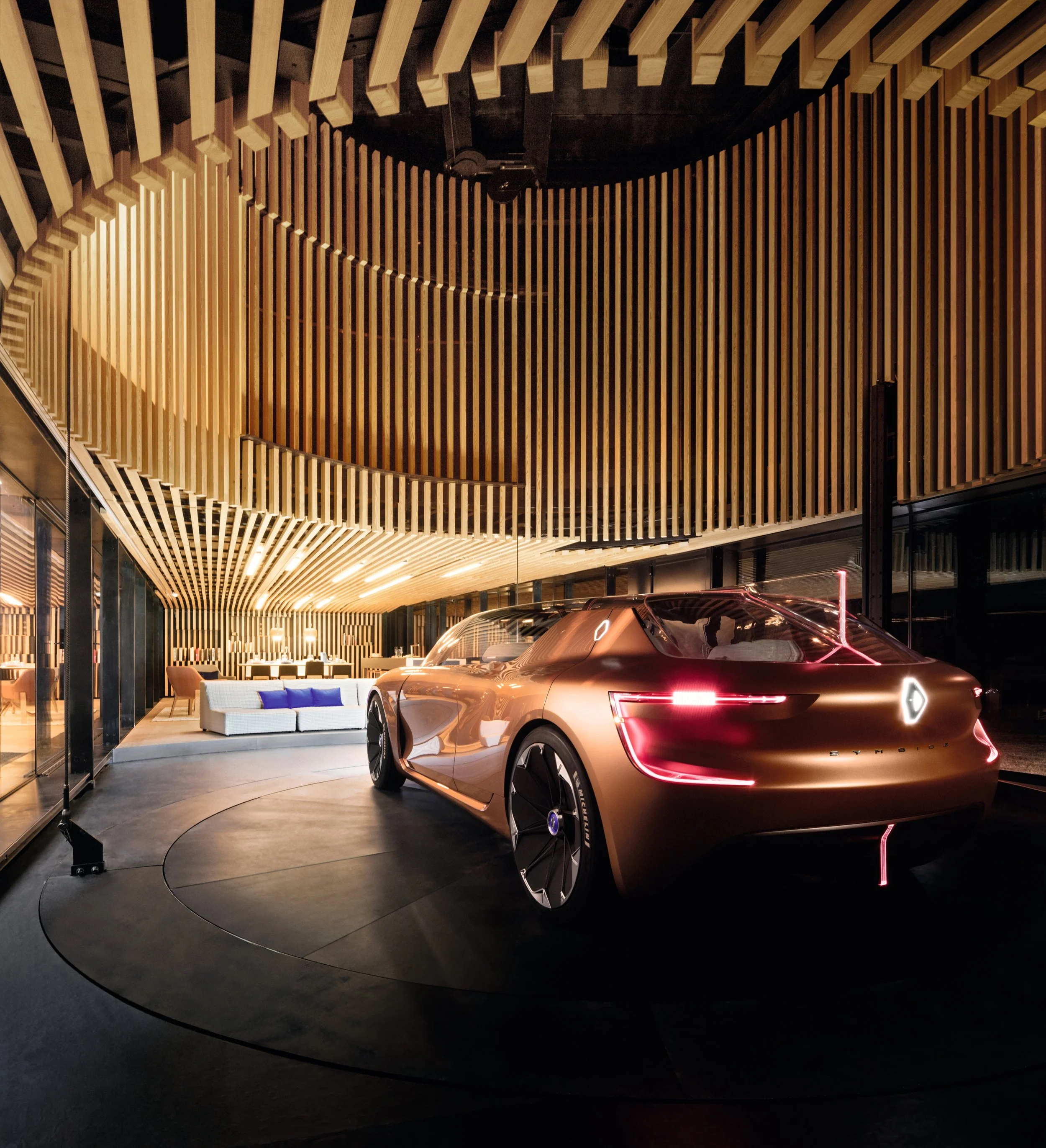 Image 6 of 12
Image 6 of 12

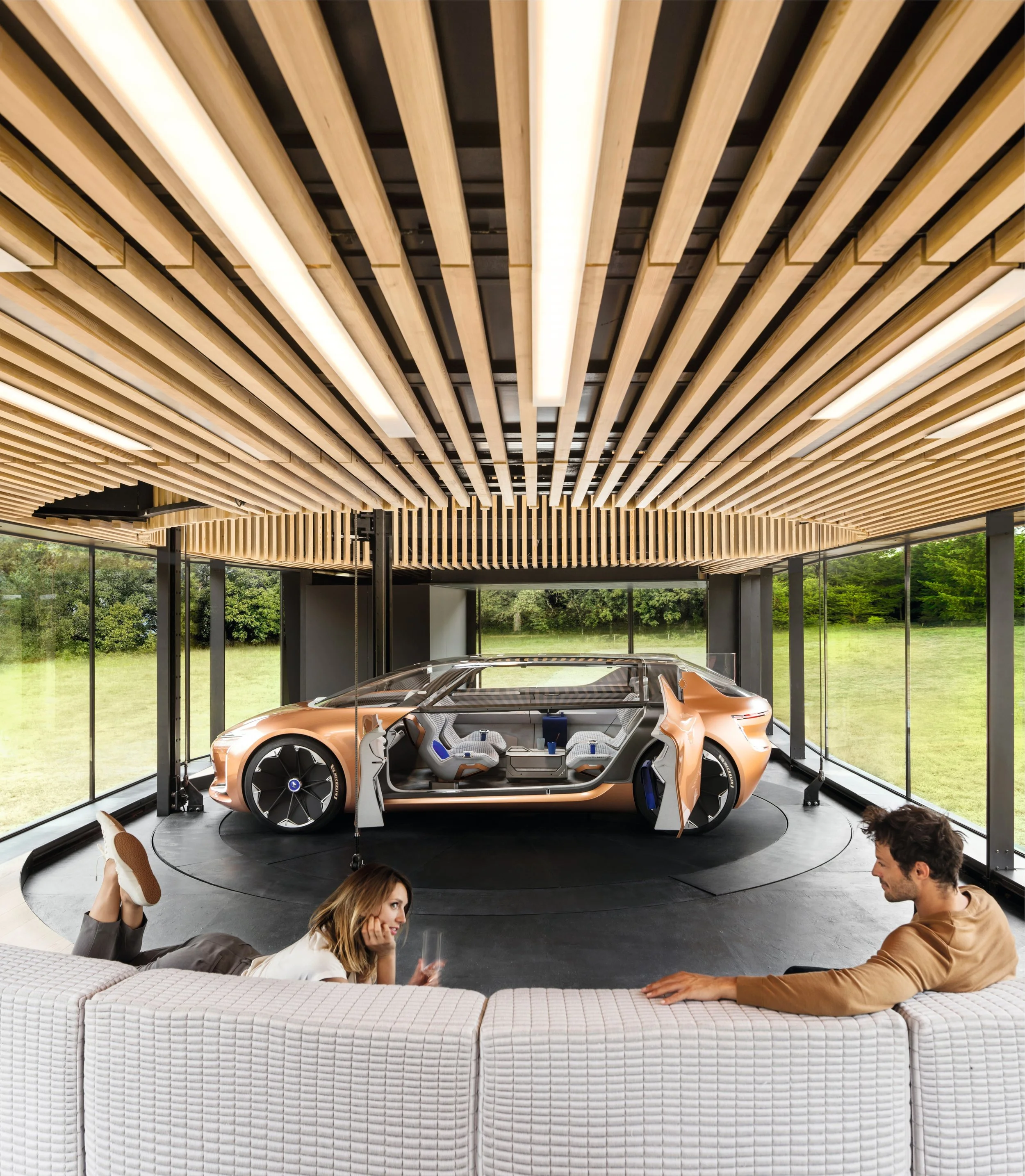 Image 7 of 12
Image 7 of 12

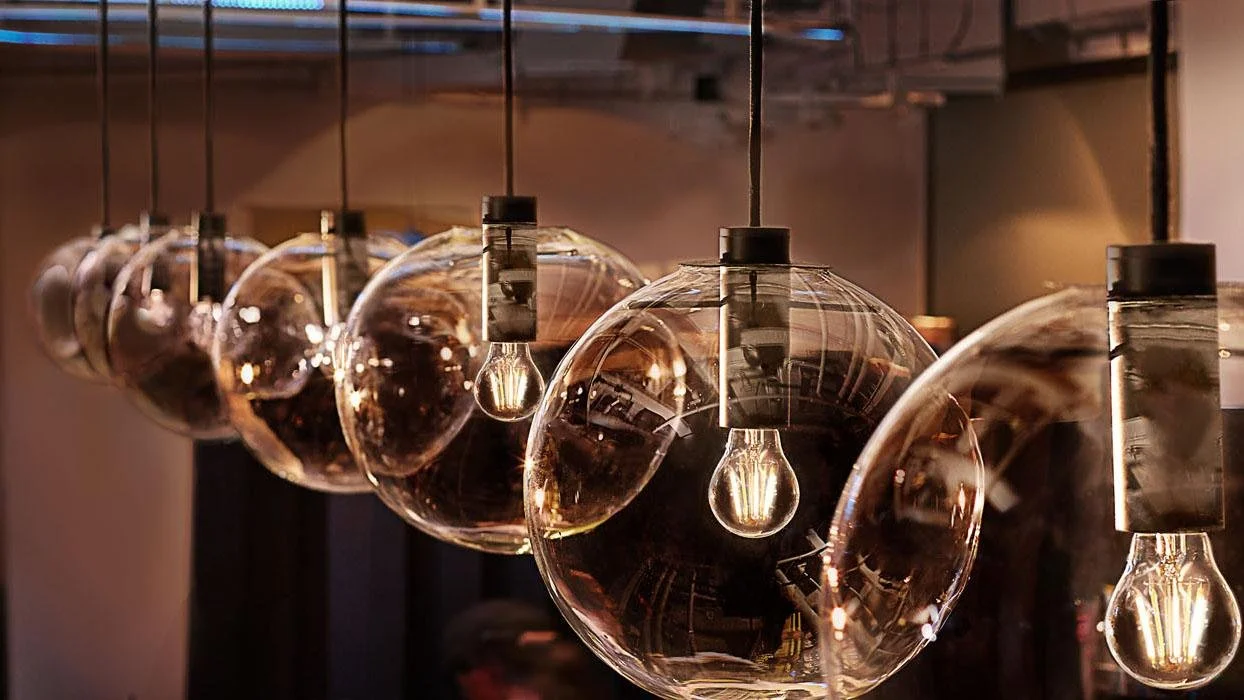 Image 8 of 12
Image 8 of 12

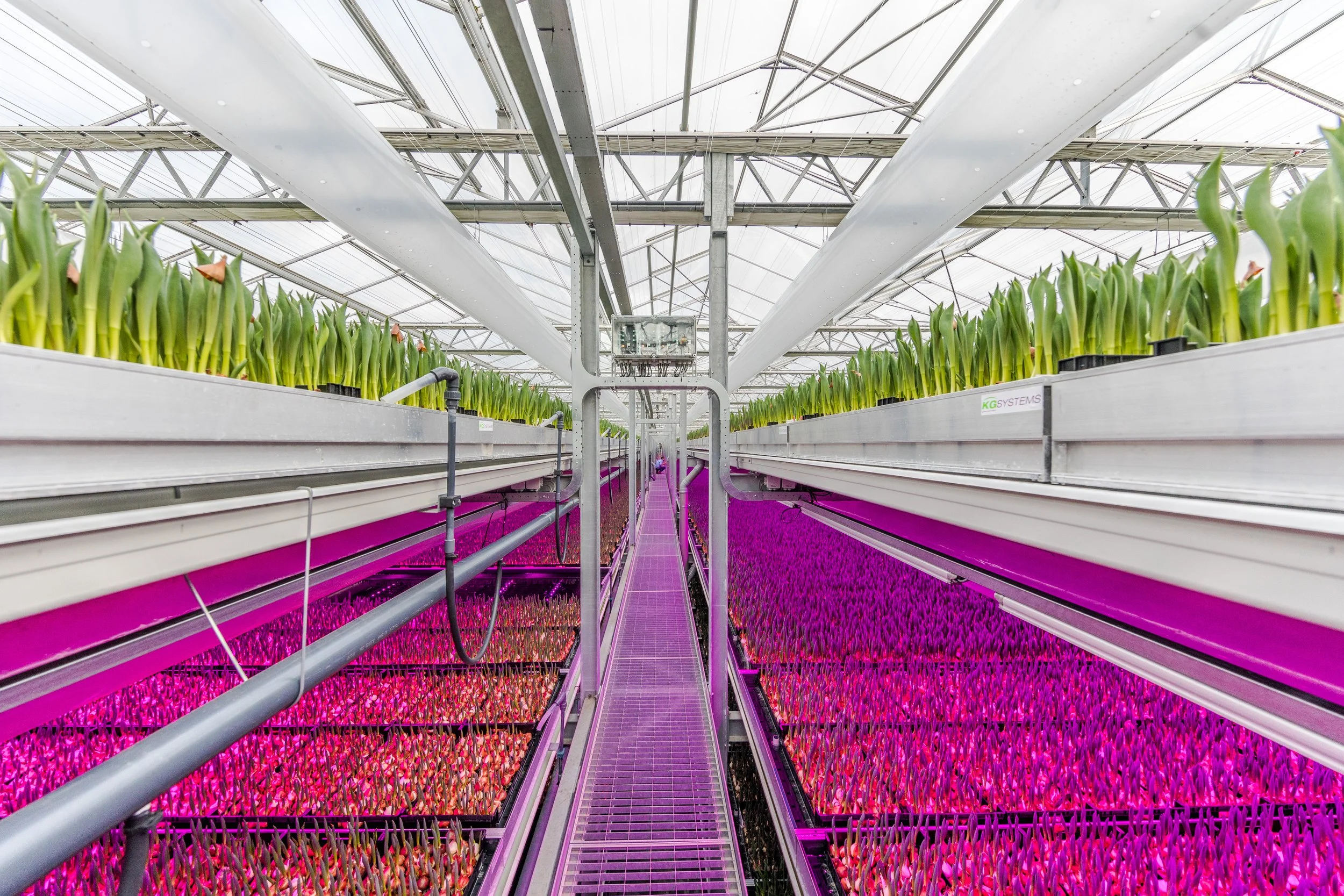 Image 9 of 12
Image 9 of 12

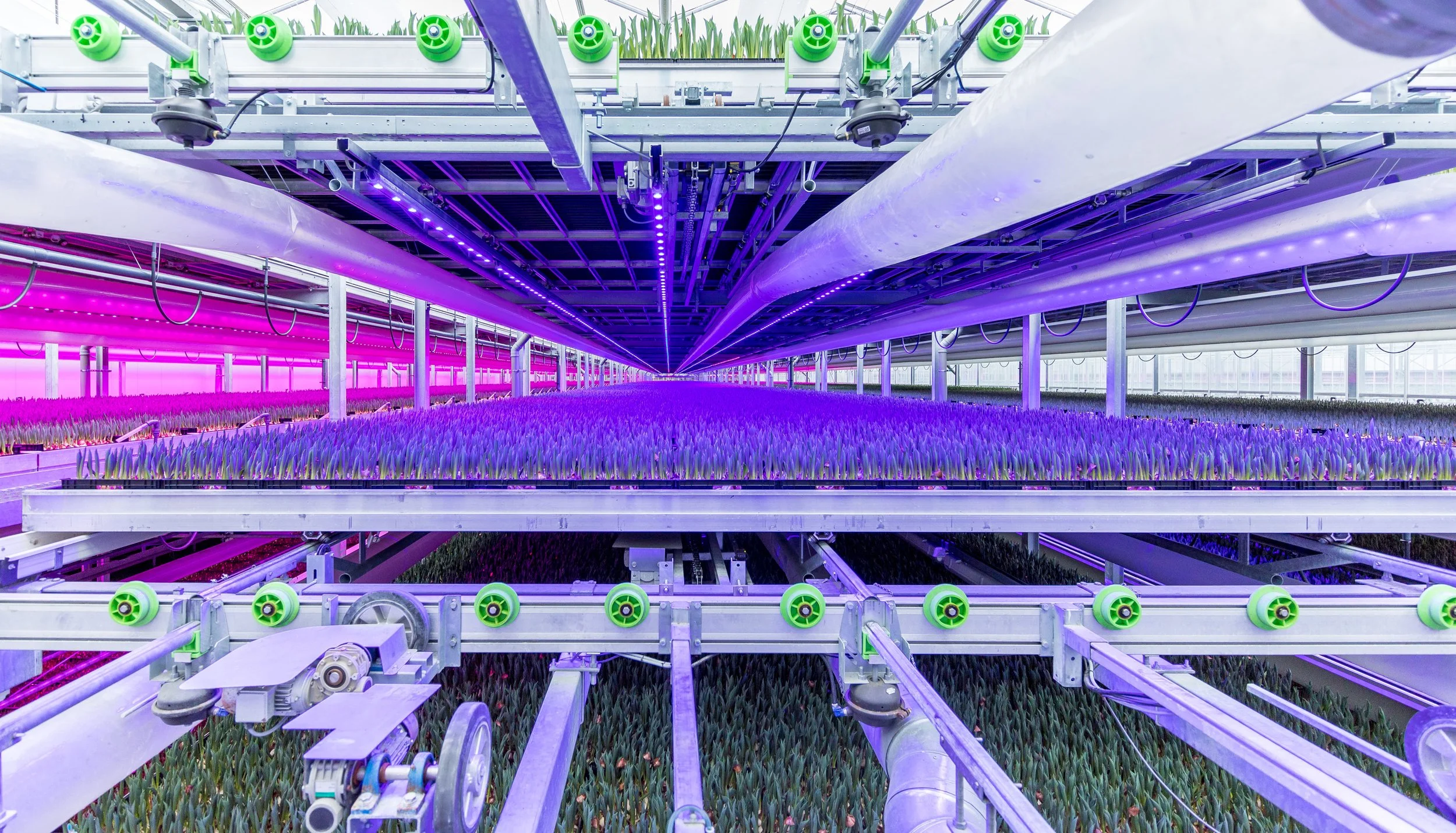 Image 10 of 12
Image 10 of 12

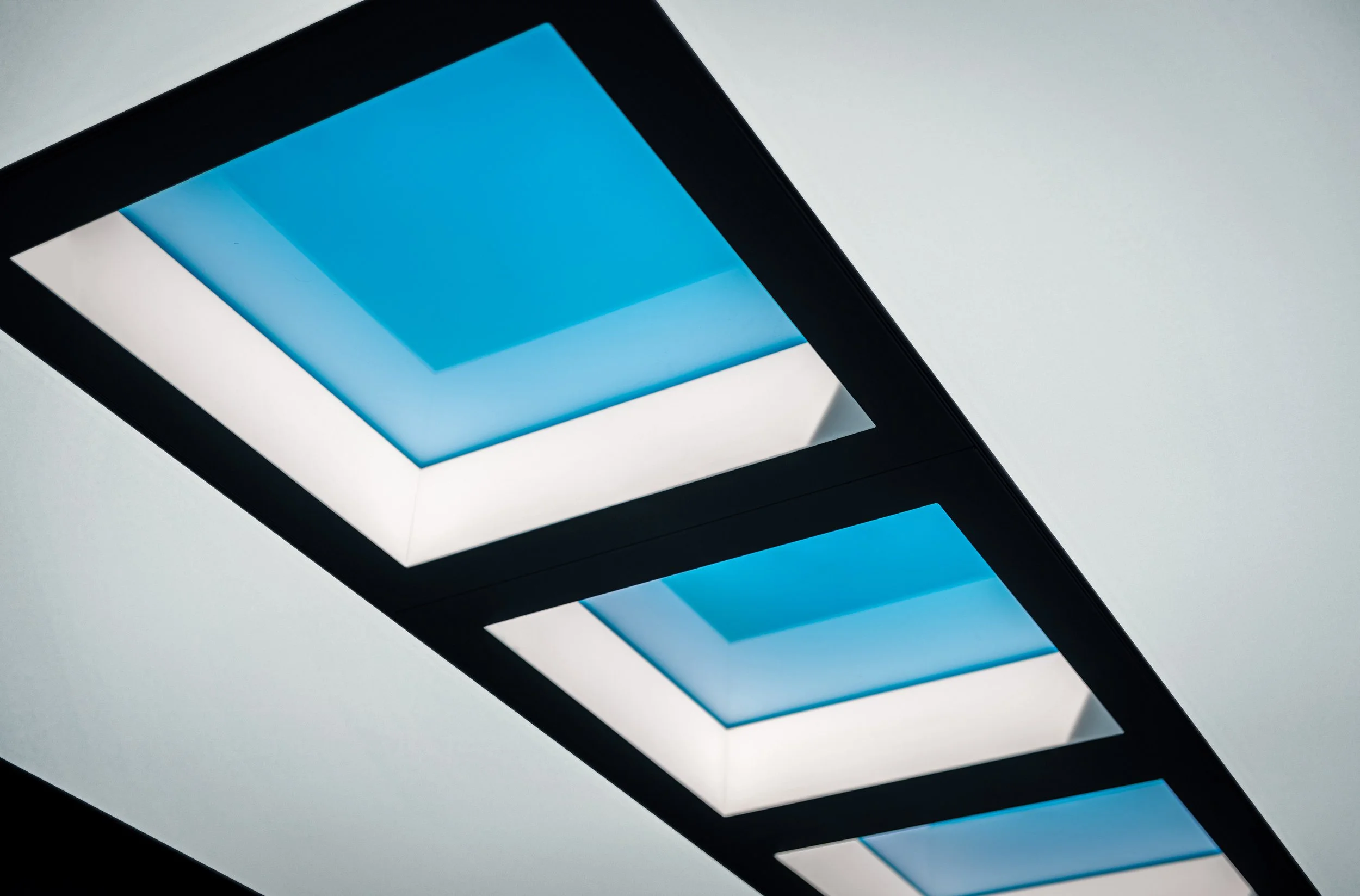 Image 11 of 12
Image 11 of 12

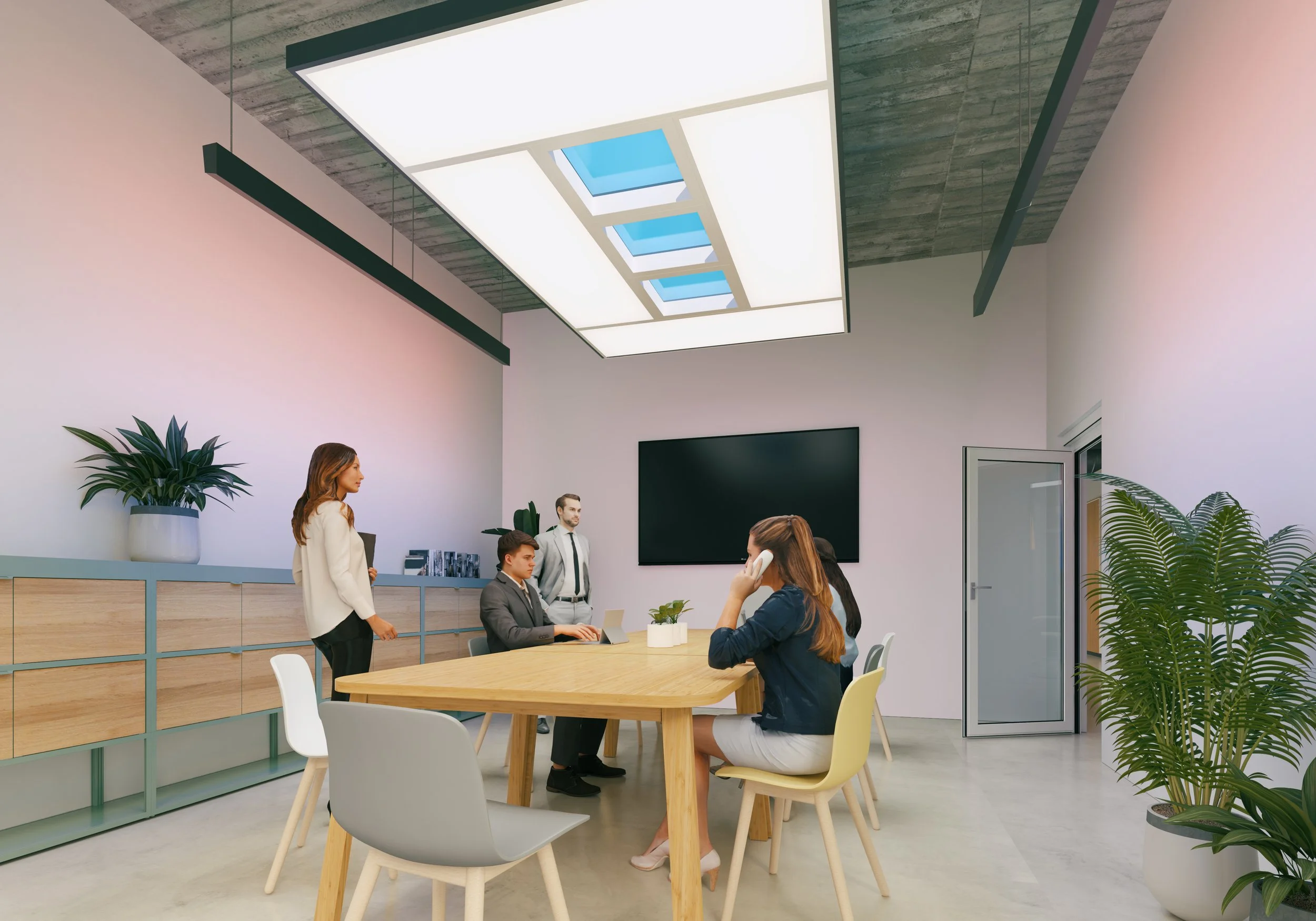 Image 12 of 12
Image 12 of 12













Signify is a responsible and circular global lighting service
Signify, formerly known as Philips Lighting, was established as a standalone company in May 2016 after its spin-off from Royal Philips. The company is headquartered in Eindhoven, Netherlands, and is the world leader in connected LED lighting products, systems, and services. Signify's founding mission was to unlock the extraordinary potential of light for brighter lives and a better world. The current mission focuses on sustainability and innovation, aiming to drive the development of eco-friendly products that can be reprinted, refurbished, reused, and recycled.
Location
Headquarters: Eindhoven, Netherlands.
Primary manufacturing/operations locations: Global presence with manufacturing plants in all major regions.
Note: Strategic locations in over 70 countries to optimize local sourcing, distribution, and collaboration.
The Circular Vision
Core circular economy principles: Designing out waste, using sustainable and recycled materials, and creating products that are fully recyclable.
Key innovations: Development of connected LED lighting systems, Light-as-a-Service (LaaS) model, and circular lighting solutions that can be upgraded, serviced, reused, refurbished, or recycled.
Prioritization of local sourcing and closed-loop supply chains: Emphasis on local materials and production to minimize environmental impact and support local economies.
Pioneering Solutions
Flagship products: Light-as-a-Service (LaaS) model, connected LED lighting systems, and circular lighting solutions.
Unique value propositions: High-quality, sustainable lighting solutions that reduce waste and environmental impact, innovative service models like LaaS, and a strong focus on circularity.
The Regenerative Future
R&D focus areas: Advancing connected lighting technologies, developing new sustainable materials, and optimizing circular design processes.
Ambitious goals: To lead the lighting industry in sustainable practices, achieve carbon neutrality, and inspire a global shift towards circular economy principles.
Fact Sheet
Commercial Availability: Products and services available globally through direct engagement with businesses and consumers.
Environmental Product Declaration (EPD): Over 2,000 EPDs covering more than 70,000 product variations.
Circularity Rating: 5/5 (Strong focus on circular economy principles).
Key Certifications: Information not available.
Cost Rating: 4/5 (Competitive with conventional alternatives, with significant cost savings in sustainable materials).
Material Passport: Detailed material traceability and use of recycled and sustainable materials.
Designed for Disassembly: Yes, products are designed for easy disassembly and recycling.
Carbon Performance: Focus on reducing carbon footprint through sustainable materials and local production.
Key Takeaway
Signify's circular approach to lighting, including their Light-as-a-Service model, sets a benchmark for sustainability and innovation in the lighting industry, driving significant advancements in circularity and environmental responsibility.
Explore Further
Signify website: https://www.signify.com/global
Sustainability overview: https://www.signify.com/global/sustainability
Example product: Light-as-a-Service - https://www.signify.com/global/our-company/blog/sustainability/circularity-preserves-value
Signify, formerly known as Philips Lighting, was established as a standalone company in May 2016 after its spin-off from Royal Philips. The company is headquartered in Eindhoven, Netherlands, and is the world leader in connected LED lighting products, systems, and services. Signify's founding mission was to unlock the extraordinary potential of light for brighter lives and a better world. The current mission focuses on sustainability and innovation, aiming to drive the development of eco-friendly products that can be reprinted, refurbished, reused, and recycled.
Location
Headquarters: Eindhoven, Netherlands.
Primary manufacturing/operations locations: Global presence with manufacturing plants in all major regions.
Note: Strategic locations in over 70 countries to optimize local sourcing, distribution, and collaboration.
The Circular Vision
Core circular economy principles: Designing out waste, using sustainable and recycled materials, and creating products that are fully recyclable.
Key innovations: Development of connected LED lighting systems, Light-as-a-Service (LaaS) model, and circular lighting solutions that can be upgraded, serviced, reused, refurbished, or recycled.
Prioritization of local sourcing and closed-loop supply chains: Emphasis on local materials and production to minimize environmental impact and support local economies.
Pioneering Solutions
Flagship products: Light-as-a-Service (LaaS) model, connected LED lighting systems, and circular lighting solutions.
Unique value propositions: High-quality, sustainable lighting solutions that reduce waste and environmental impact, innovative service models like LaaS, and a strong focus on circularity.
The Regenerative Future
R&D focus areas: Advancing connected lighting technologies, developing new sustainable materials, and optimizing circular design processes.
Ambitious goals: To lead the lighting industry in sustainable practices, achieve carbon neutrality, and inspire a global shift towards circular economy principles.
Fact Sheet
Commercial Availability: Products and services available globally through direct engagement with businesses and consumers.
Environmental Product Declaration (EPD): Over 2,000 EPDs covering more than 70,000 product variations.
Circularity Rating: 5/5 (Strong focus on circular economy principles).
Key Certifications: Information not available.
Cost Rating: 4/5 (Competitive with conventional alternatives, with significant cost savings in sustainable materials).
Material Passport: Detailed material traceability and use of recycled and sustainable materials.
Designed for Disassembly: Yes, products are designed for easy disassembly and recycling.
Carbon Performance: Focus on reducing carbon footprint through sustainable materials and local production.
Key Takeaway
Signify's circular approach to lighting, including their Light-as-a-Service model, sets a benchmark for sustainability and innovation in the lighting industry, driving significant advancements in circularity and environmental responsibility.
Explore Further
Signify website: https://www.signify.com/global
Sustainability overview: https://www.signify.com/global/sustainability
Example product: Light-as-a-Service - https://www.signify.com/global/our-company/blog/sustainability/circularity-preserves-value
